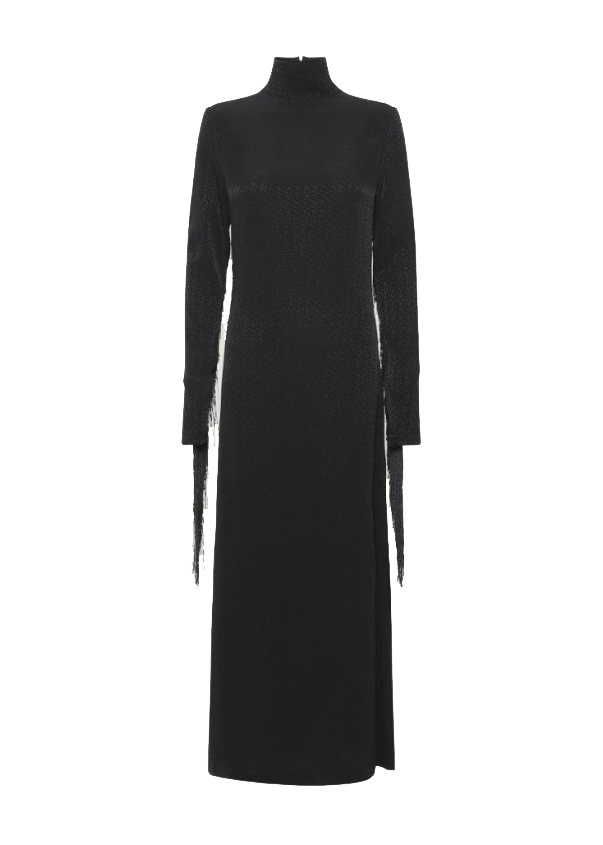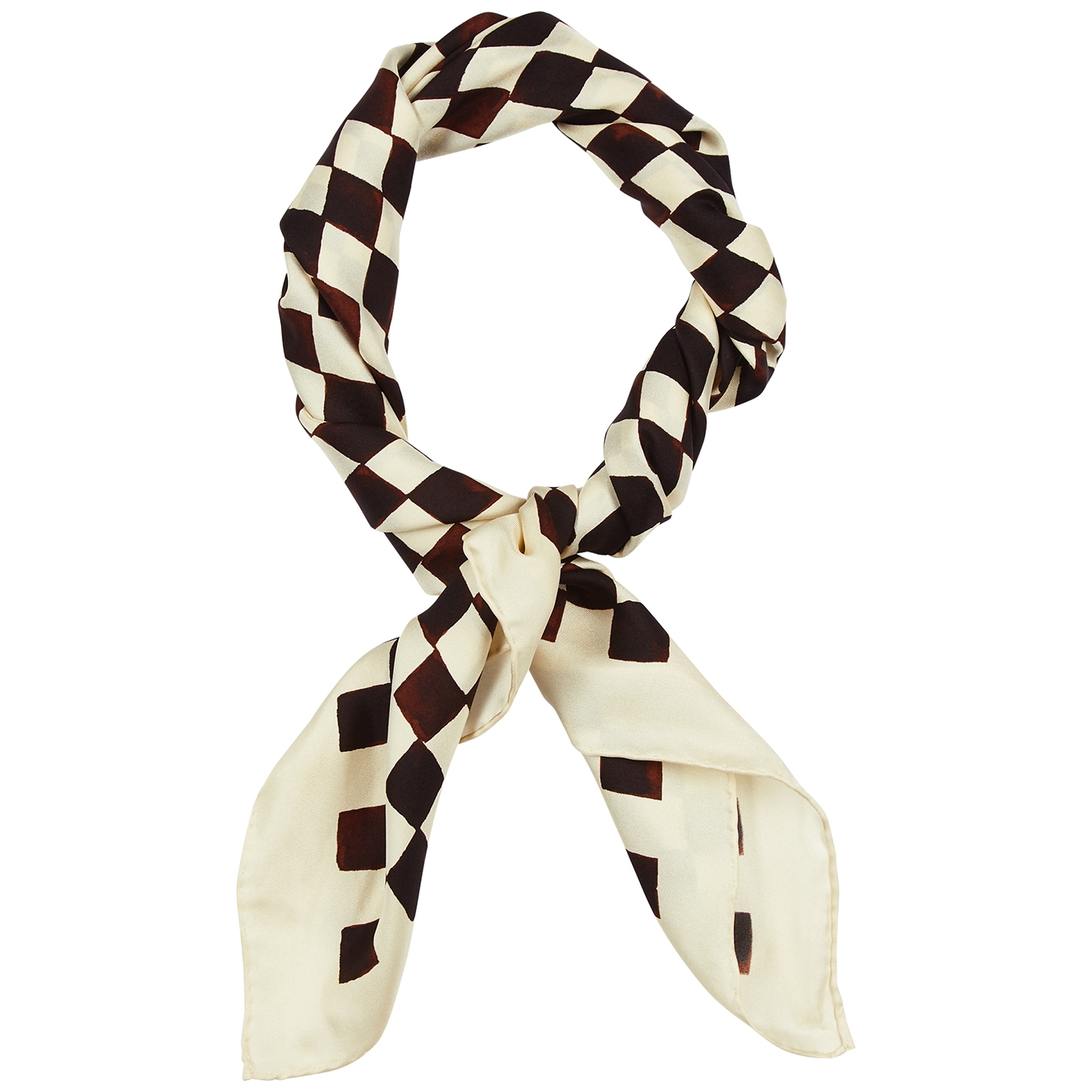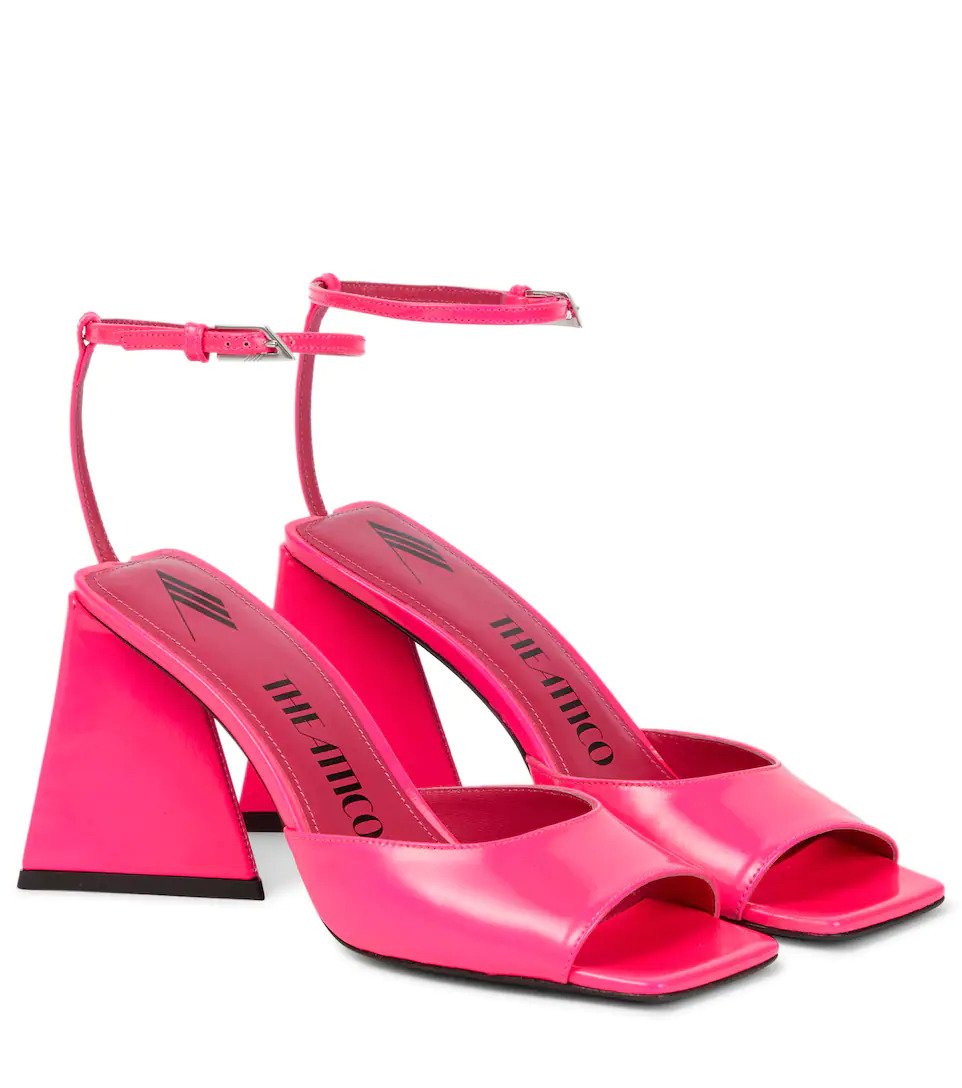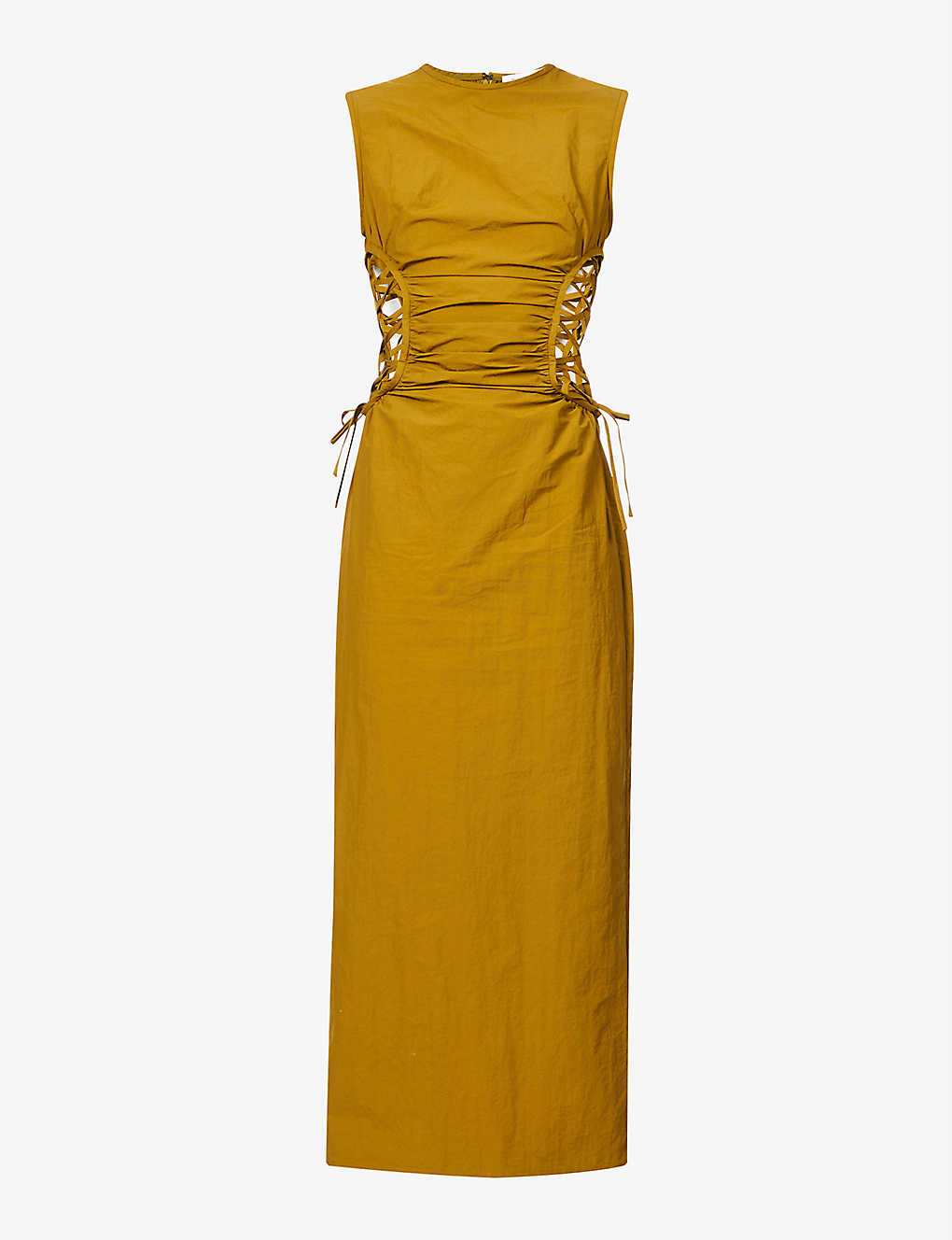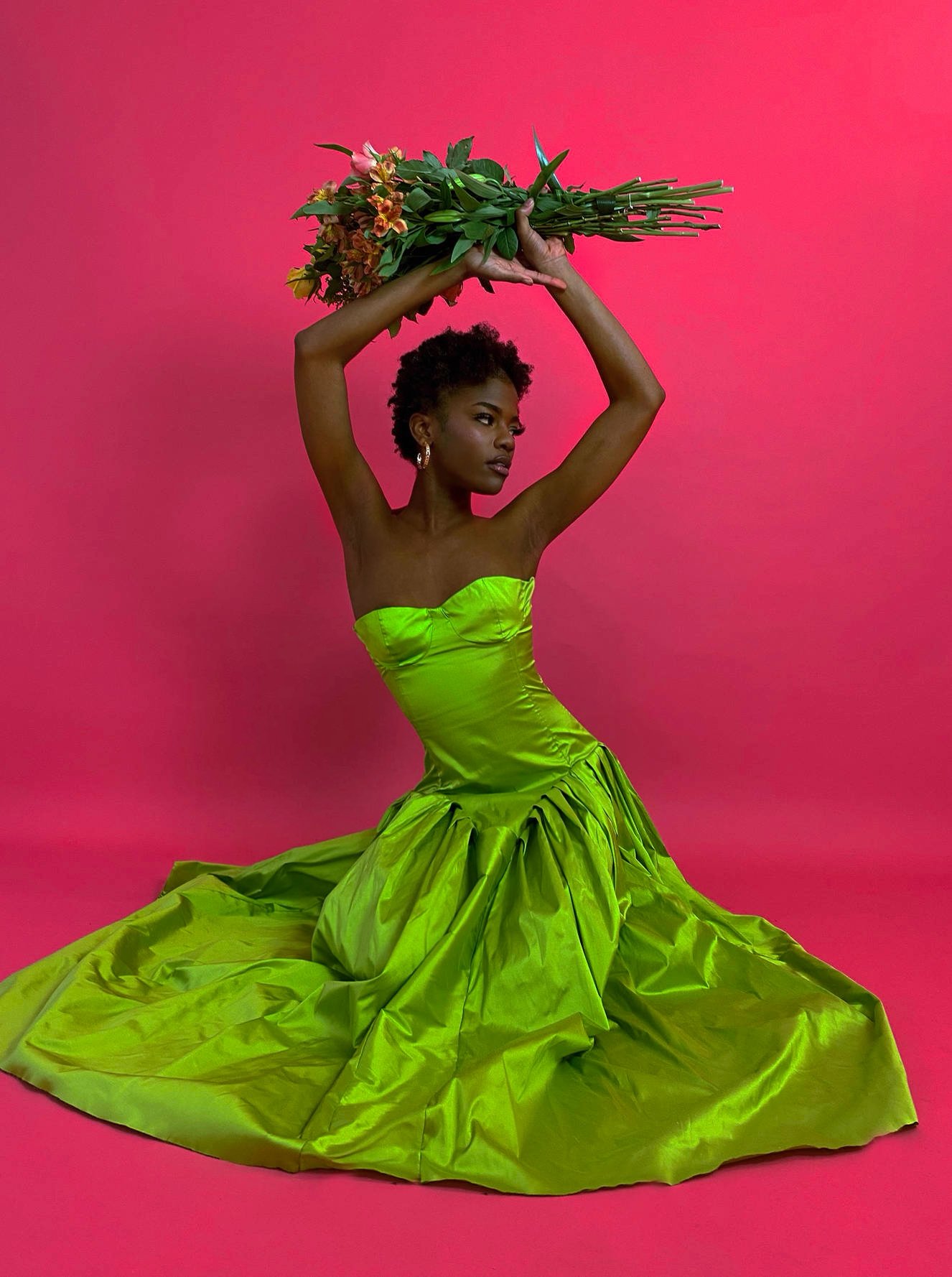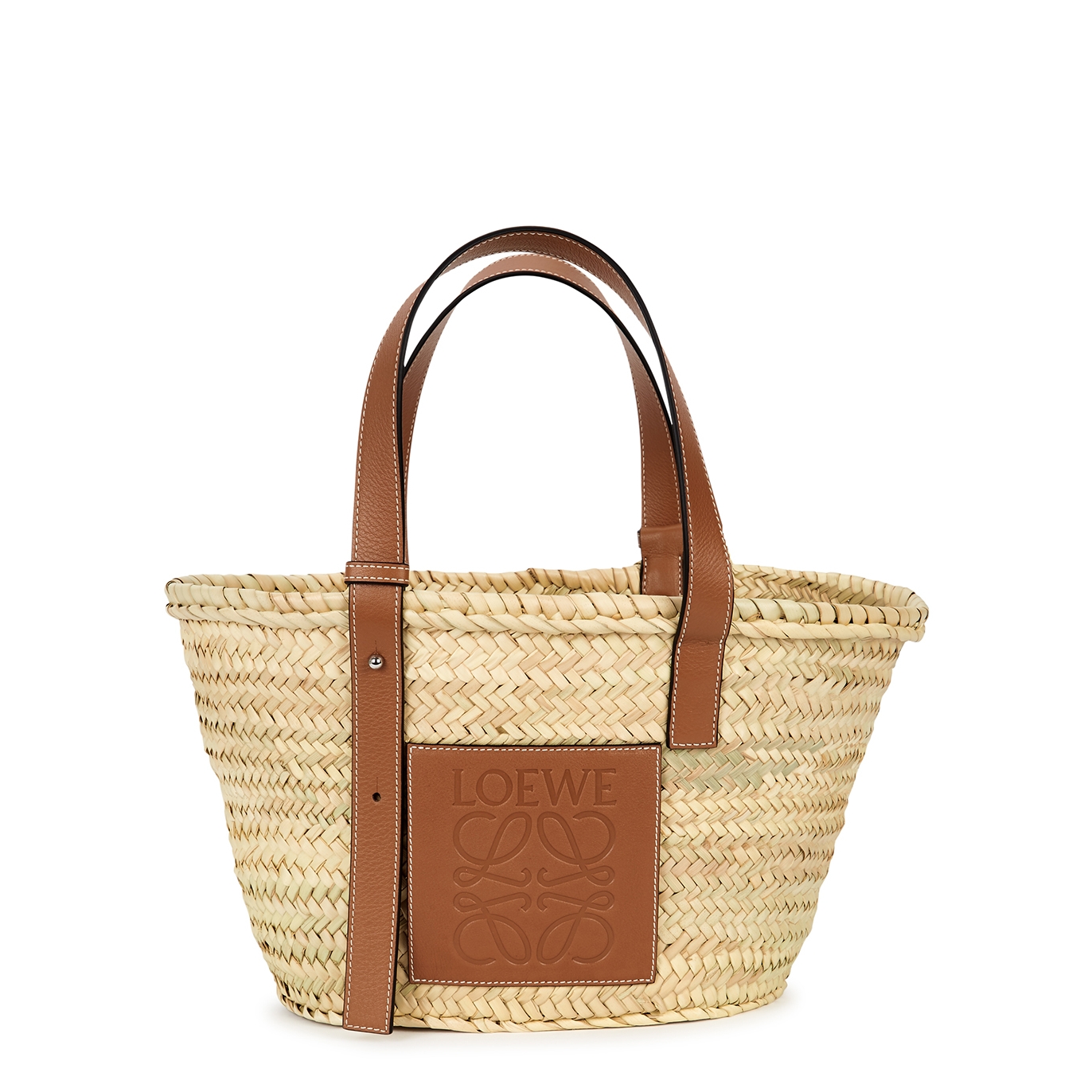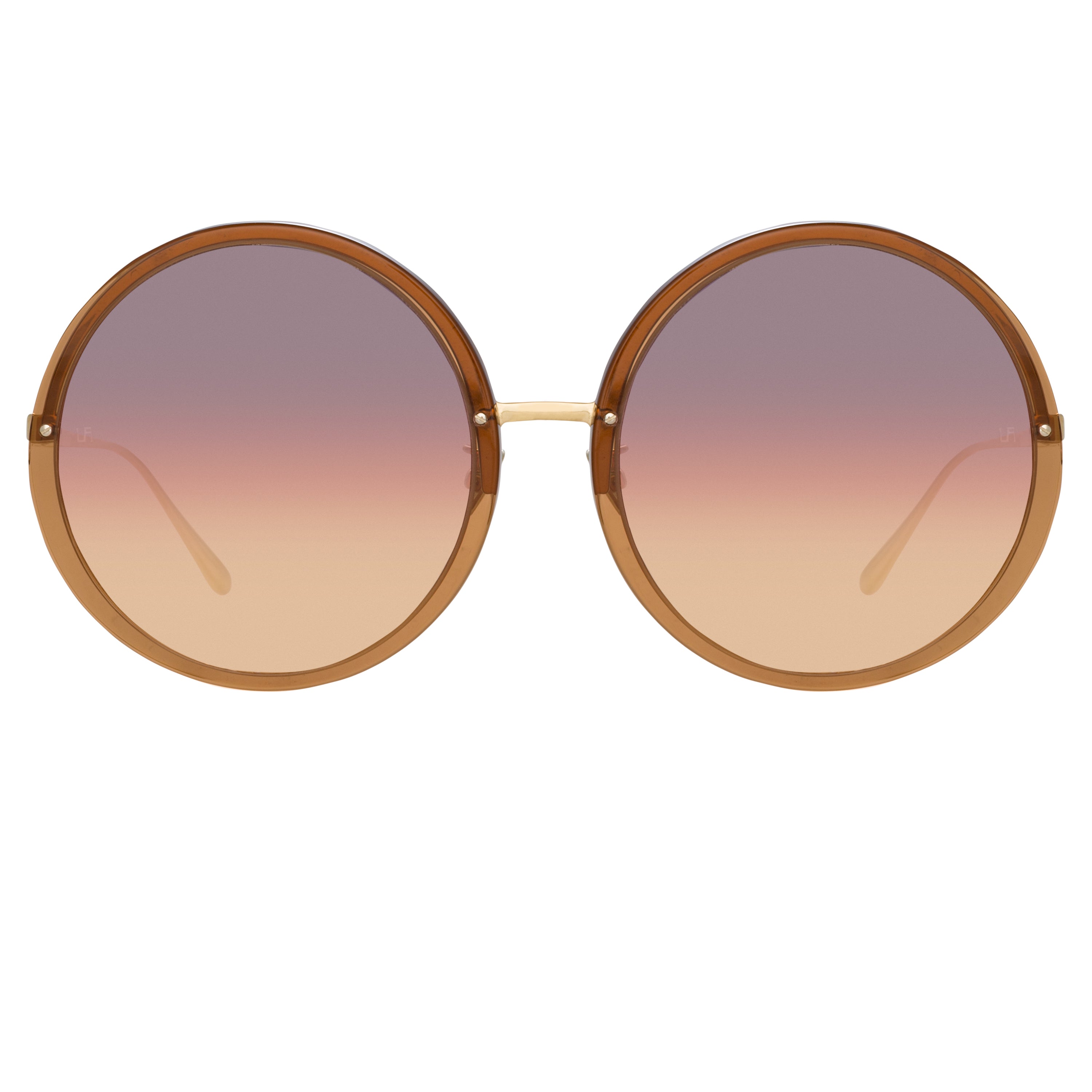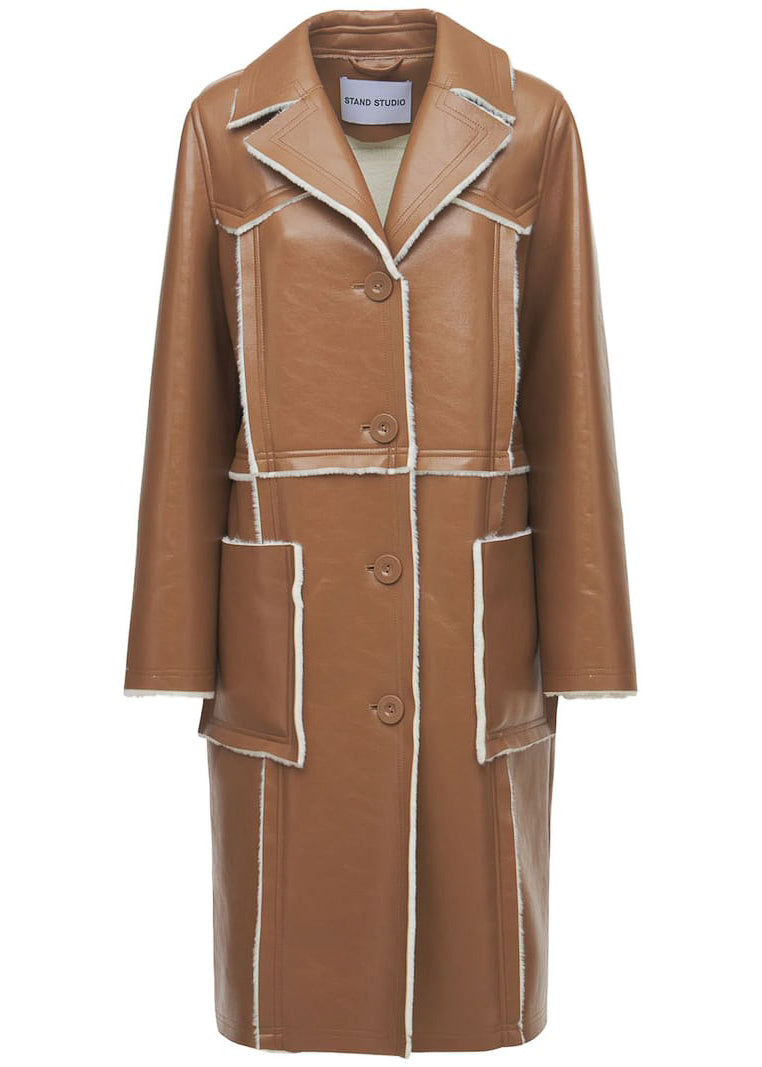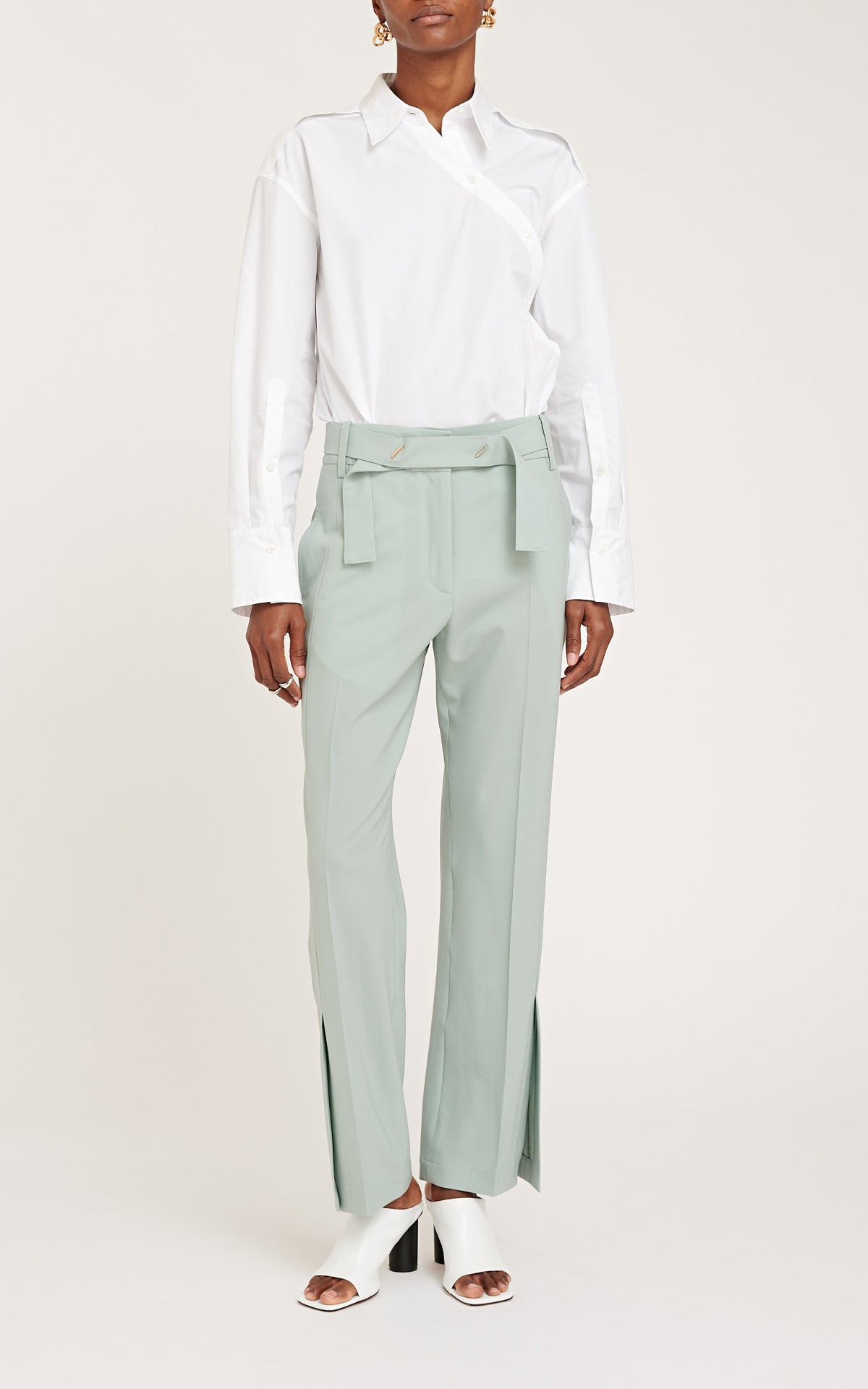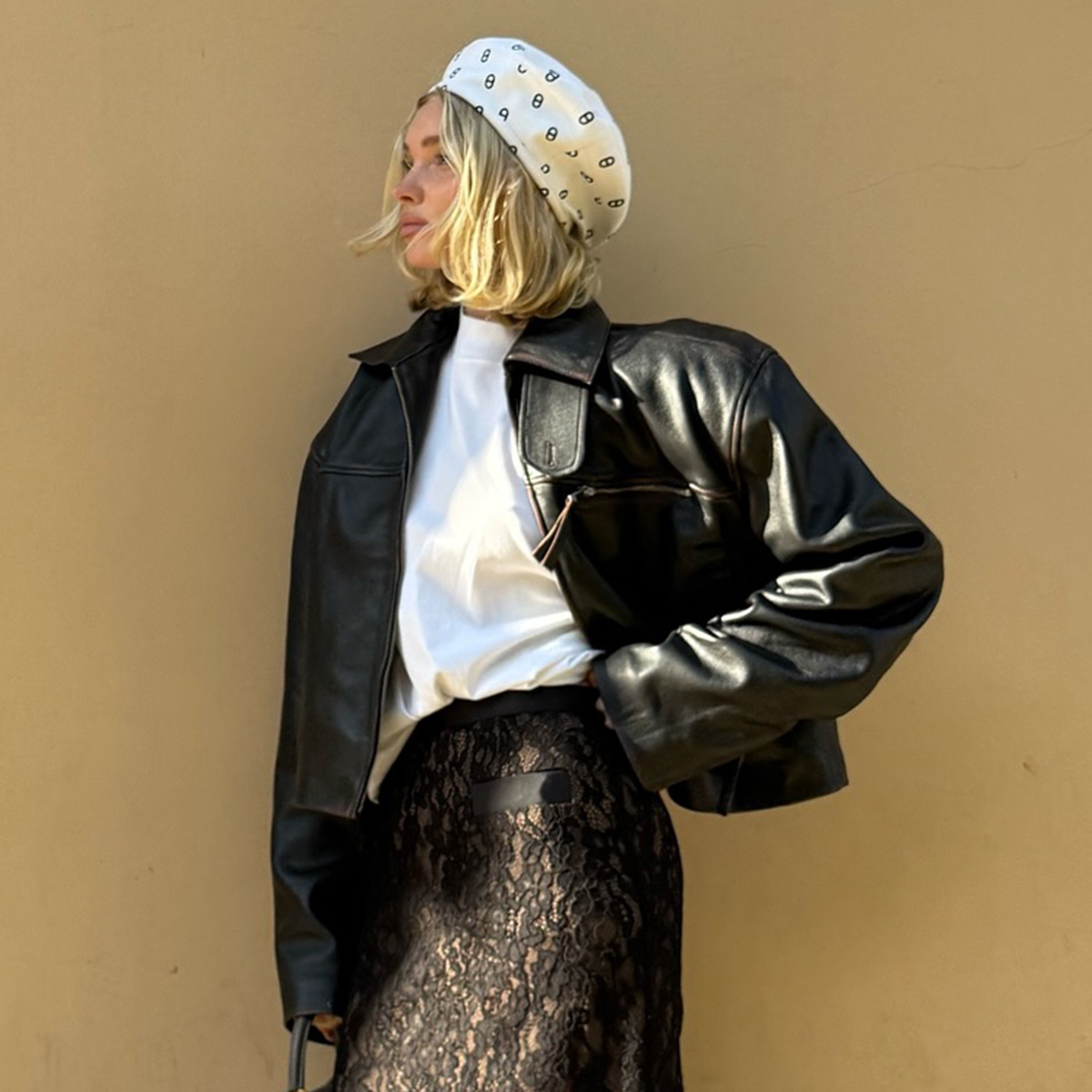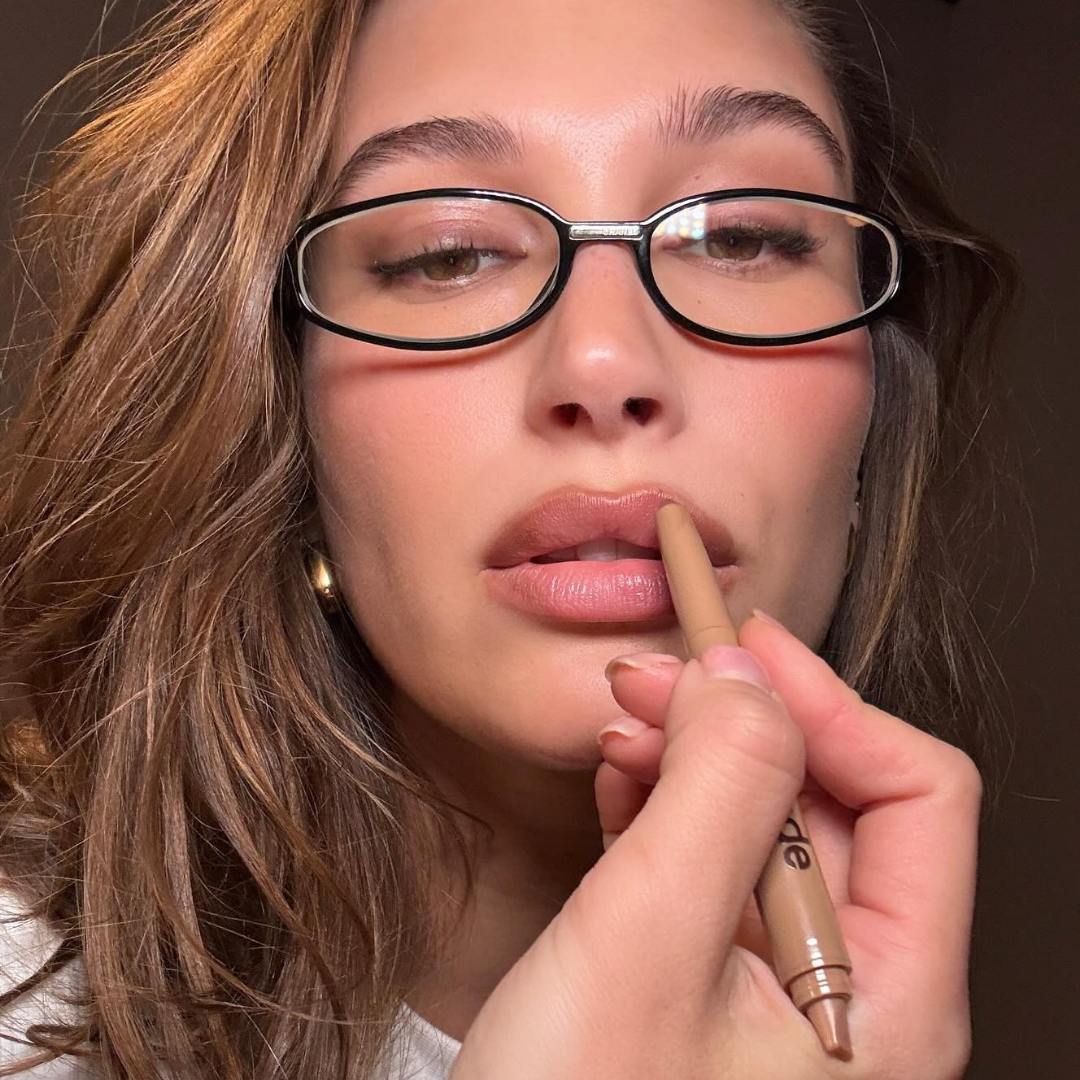Best Wardrobes in Britain: Georgie Hyatt

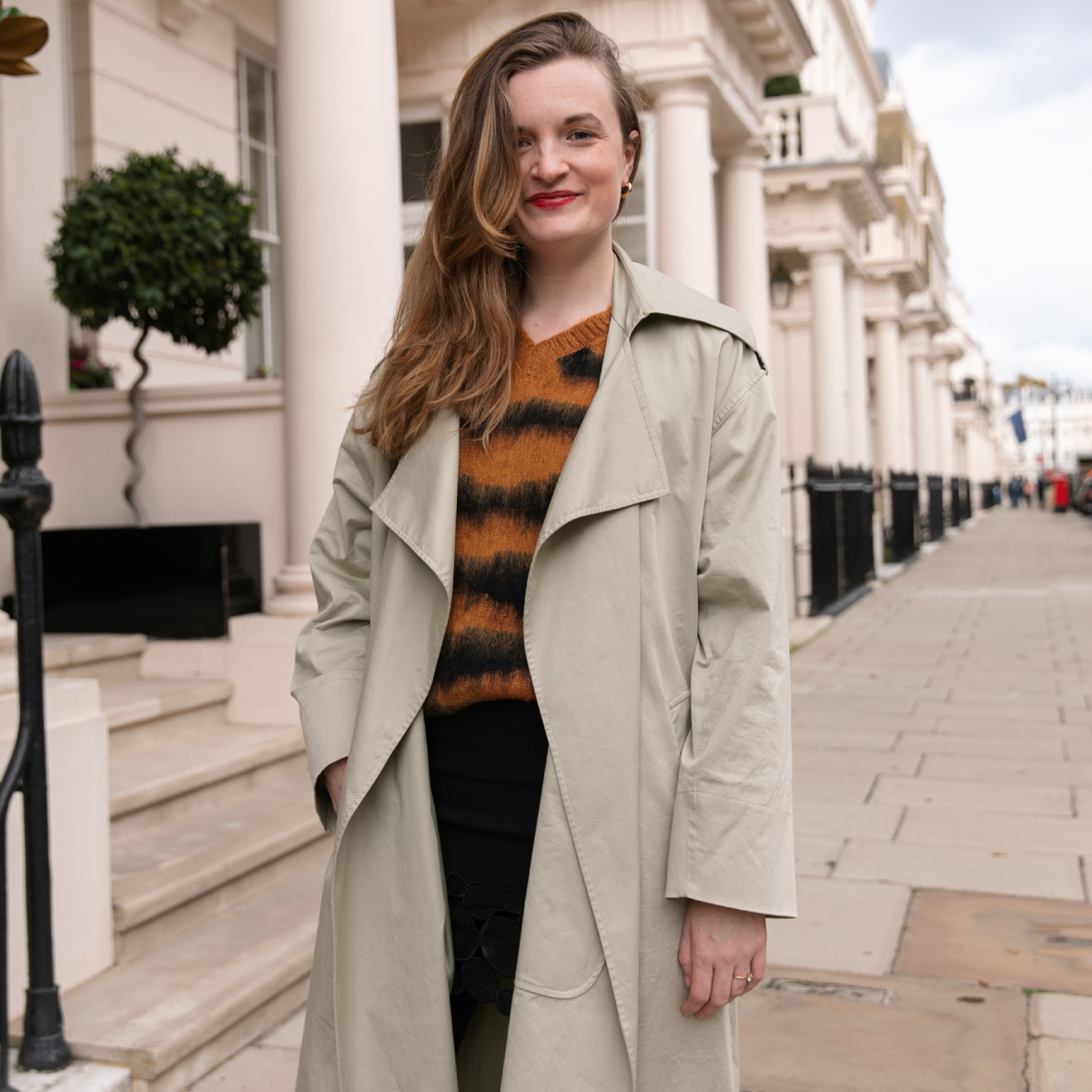
Welcome to the latest, highly exciting instalment of Who What Wear UK's Best Wardrobes in Britain. It's where we do exactly what it says on the tin: delve into the most fantastical, awe-inspiring and downright influential wardrobes. We're honing in on the women who cause the street style photographers to press their shutters as well as the characters you don't yet know—the ones who fly under the radar with secretly incredible clothing collections.
Our Best Wardrobes in Britain series is all about delving into wardrobes that are unique and special. When finding wardrobes to feature, we aren’t swayed by the sheer volume of belongings or the number of expensive things someone owns but are interested in the different approaches to lovingly creating a wardrobe and the stories behind those items. The rental scene in London has boomed over the past several years, with new platforms offering an alternative way to buy and consume clothes. Georgie Hyatt is the co-founder of one of the big players, Rotaro, and stepping into her flat, it is clear that she puts a lot of thought into what she wears and also how she finds these pieces.
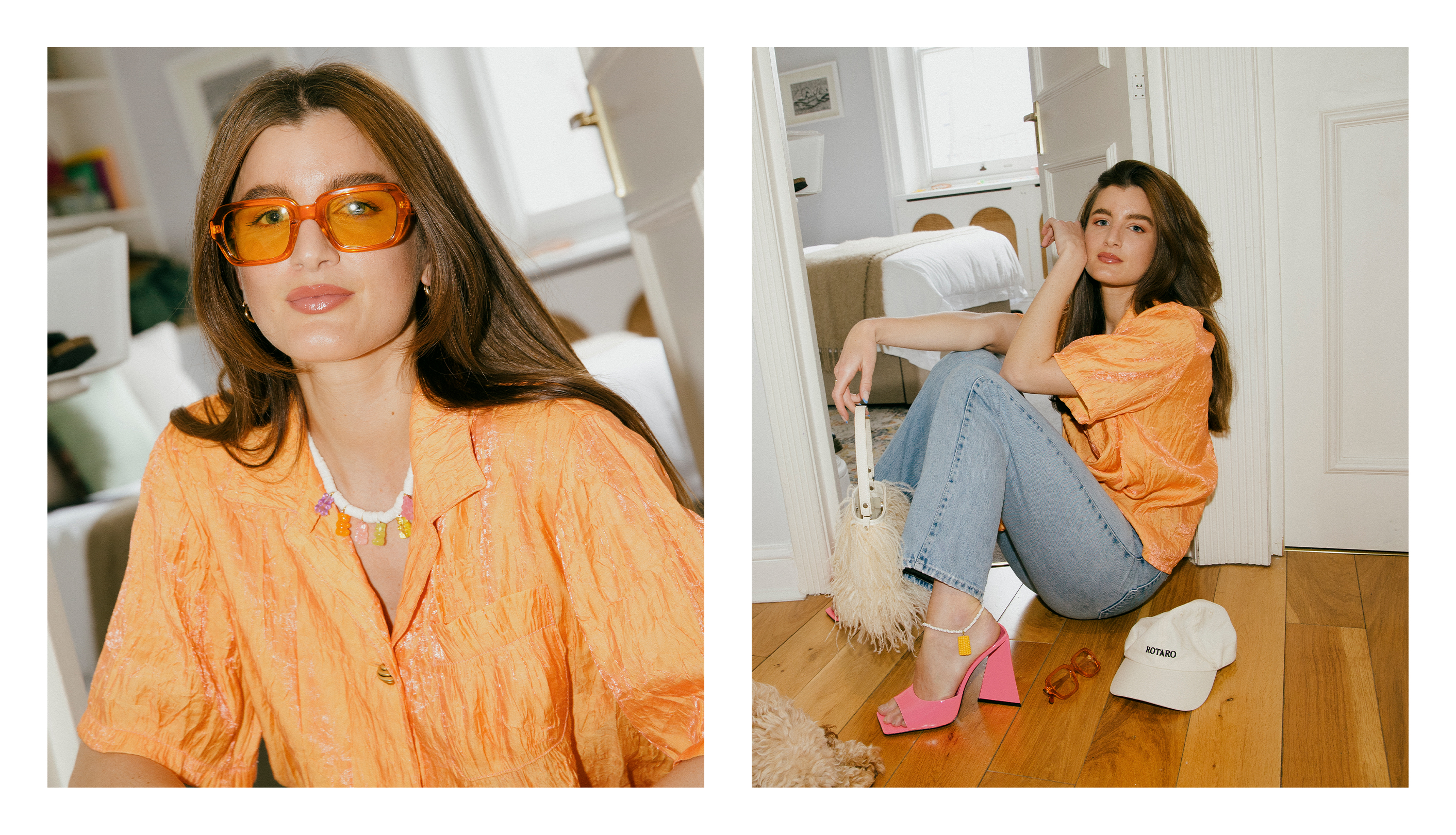
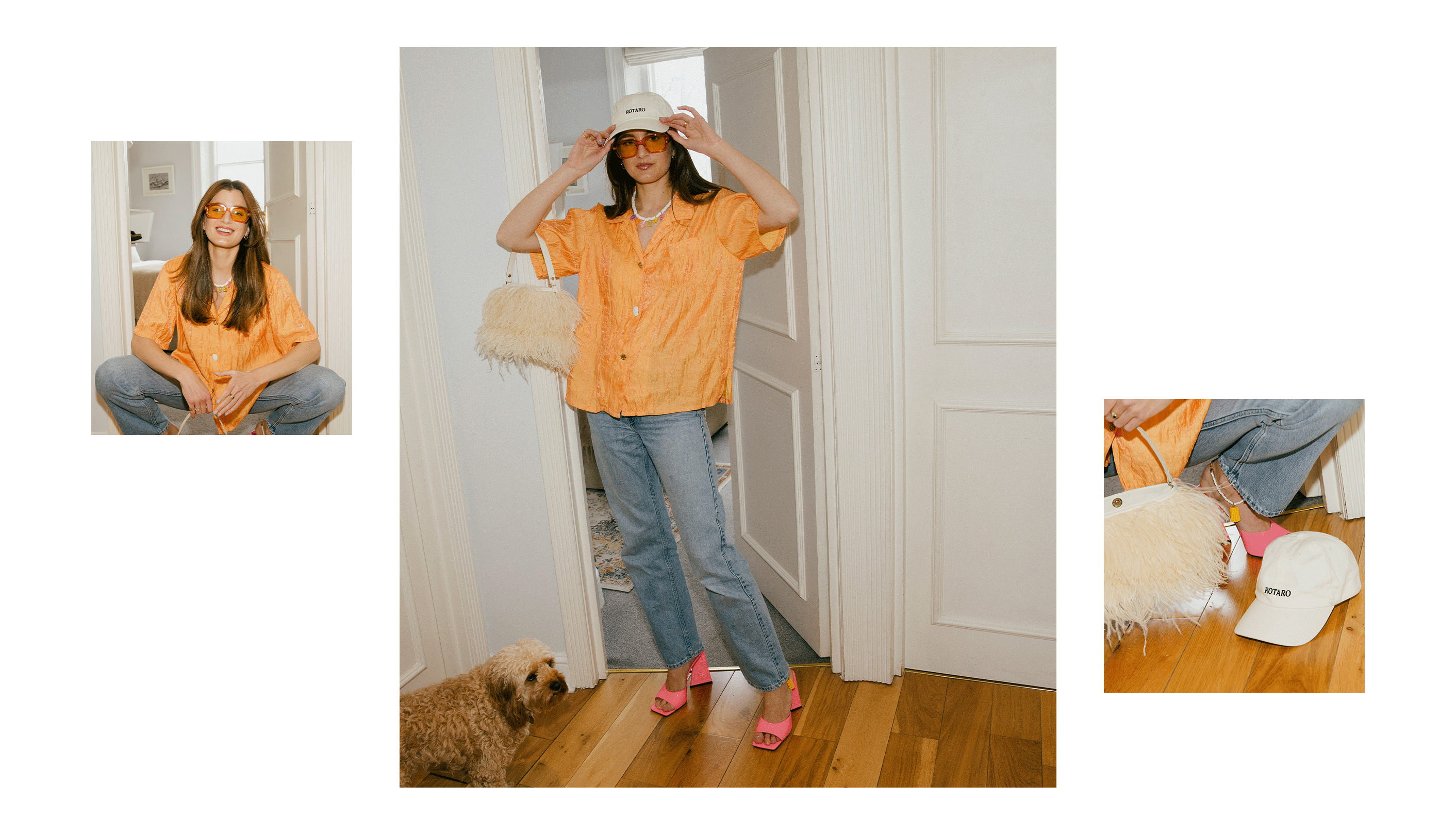
On Hyatt: The Attico shoes; Weekday Rowe Jeans; Rejina Pyo shirt; Rotaro custom hat; Geeg necklace and ankle beads
When Hyatt moved to London from South Africa, she was shopping every single week, but now she is more thoughtful about the way in which she approaches how she gets dressed. She naturally rents to supplement her wardrobe but finds pieces on Depop and Etsy and rewears a lot of treasures passed down to her from her grandmothers. That doesn’t mean she doesn’t experiment or wear bold items—quite the opposite. She is drawn to bright colours, strong silhouettes and anything that has a ’70s sensibility. Keep scrolling to see inside her wardrobe and get the story behind Rotaro.
How did you come up with the idea for Rotaro?
I used to work at WGSN in trend forecasting and consumer insight, working in the consulting team with luxury and fast-fashion brands and consumer brands, helping them to develop new products, implement sustainable practices and understand trends. I’d work with Hermès on "What is the future of skincare?” and Chanel on "What is the next luxury leather handbag?” I was also working with fast-fashion brands, implementing trends on a monthly basis. I started feeling an overwhelming sense of eco-anxiety, where I was contributing to overproduction and consumption of fashion, and I wanted to be part of the solution. I started thinking [about] what else I could be doing. As we were a forecasting agency, we saw the future of fashion relied on circularity and a gap in the market for a fashion rental platform to work directly with brands to help them enter the circular fashion economy. That is where Rotaro was born. I have two brilliant co-founders, and we have very different experiences and backgrounds. We are a tech-first business, using technology to power the circular fashion economy.
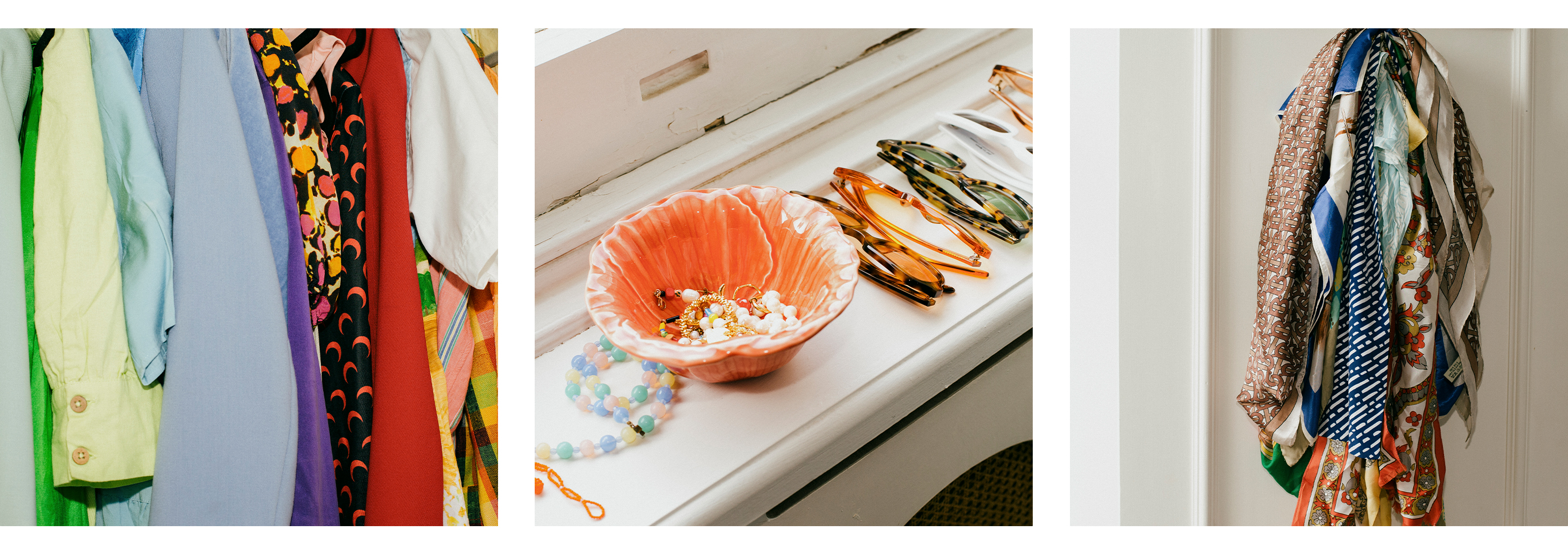
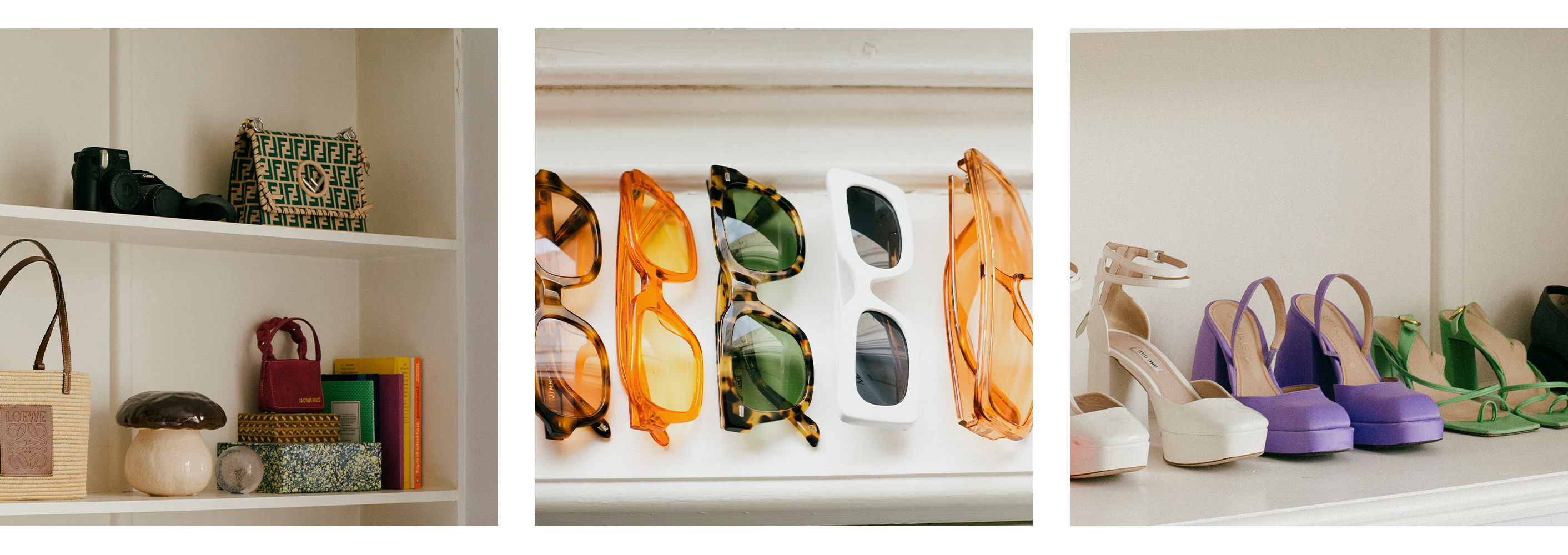
Have you always been interested in sustainability in fashion, or did it become more urgent to you when working in the industry?
I grew up in South Africa and have always been very close to nature and outdoors. It’s always been who I am. When I moved to London, I got caught up in this hype of consumerism, and I suddenly had access to trends and brands that I didn’t have in South Africa. I’d be lying if I said I didn’t dive head first into trying to have new things every week. I came to the realisation, and seeing this speed-up of production first-hand, that it was just unsustainable. I saw the ugly and dark side and wanted there to be a solution. I couldn’t afford designer garments, but this was a way to try something new and be somebody new for a day.
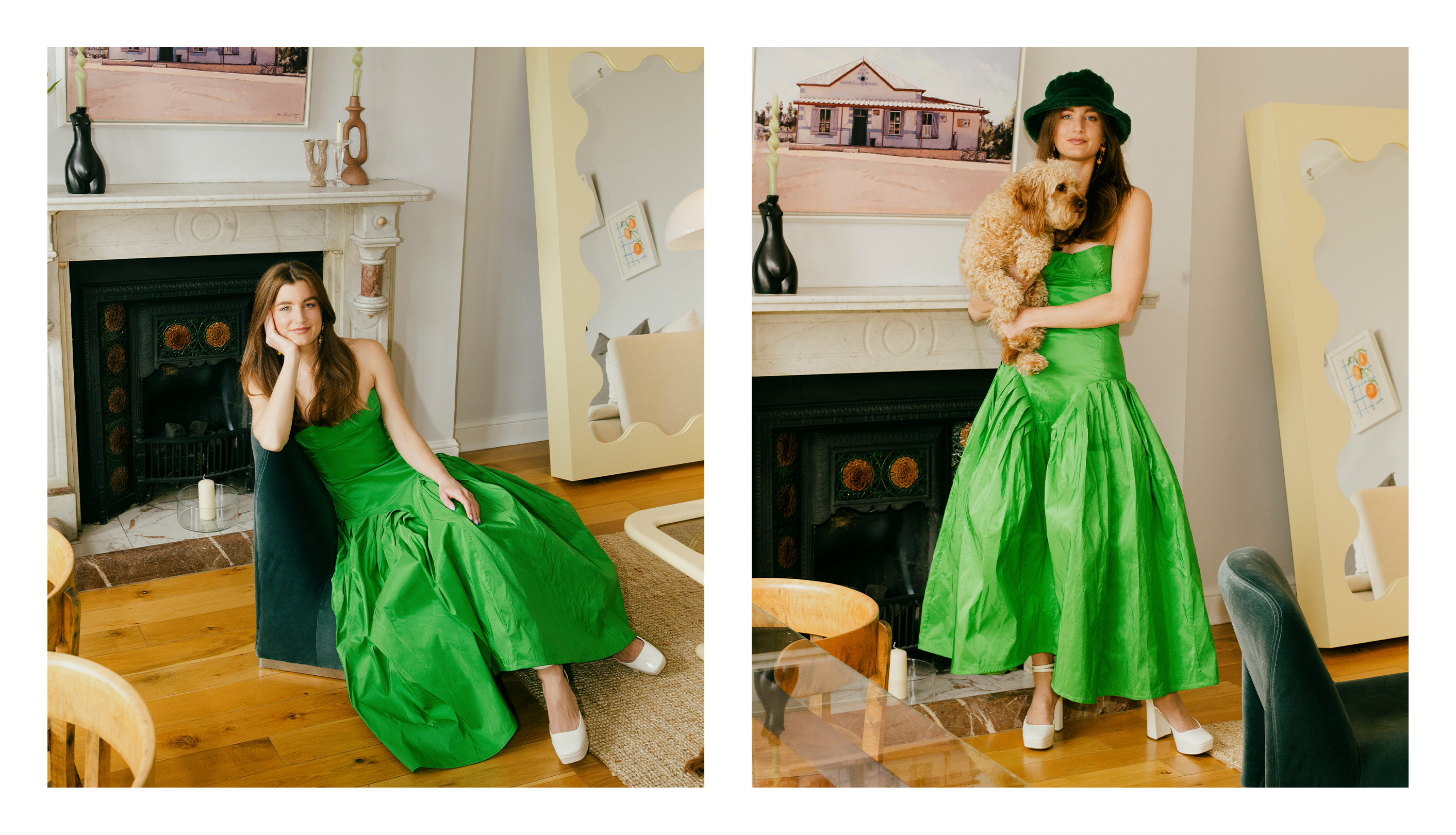
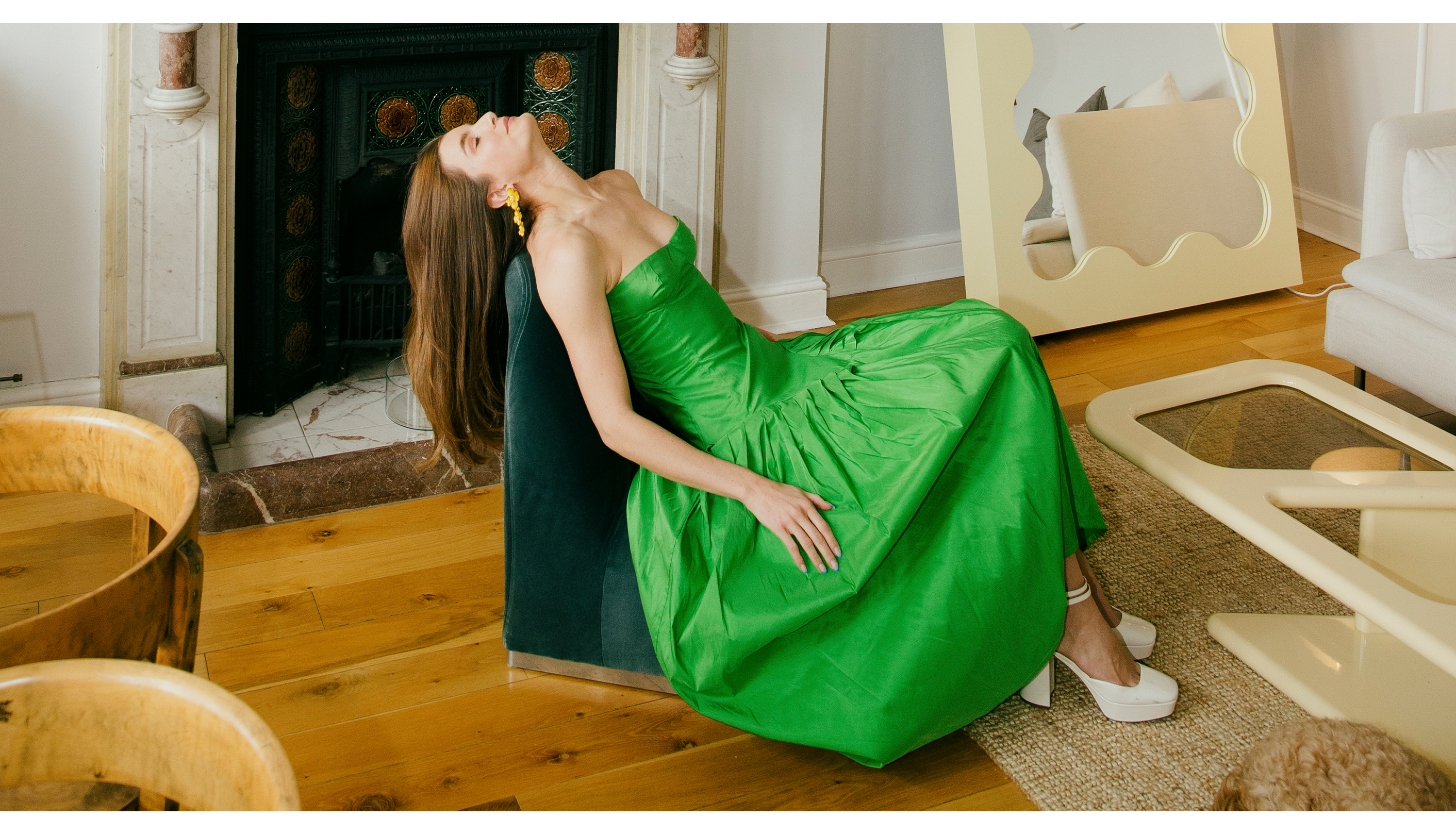
On Hyatt: T Label dress; Miu Miu shoes via Closet Detox; Depop hat
So with your model, you work directly with brands to help them enter the rental space?
We work with brands on a consignment basis, and we rent out products on their behalf for six months, and then we resell them to find a garment its forever home. We’re looking for an end-of-life solution too for items that are damaged and can’t be re-homed. I want to be a platform that can help brands take accountability for the full life cycle of their garments, not just making them and selling them off. It’s so important to think, What is the end of life for this garment?, when producing it. I hope there will be regulation around it where a brand has to take accountability for what happens at the end and can’t just endlessly create stuff.
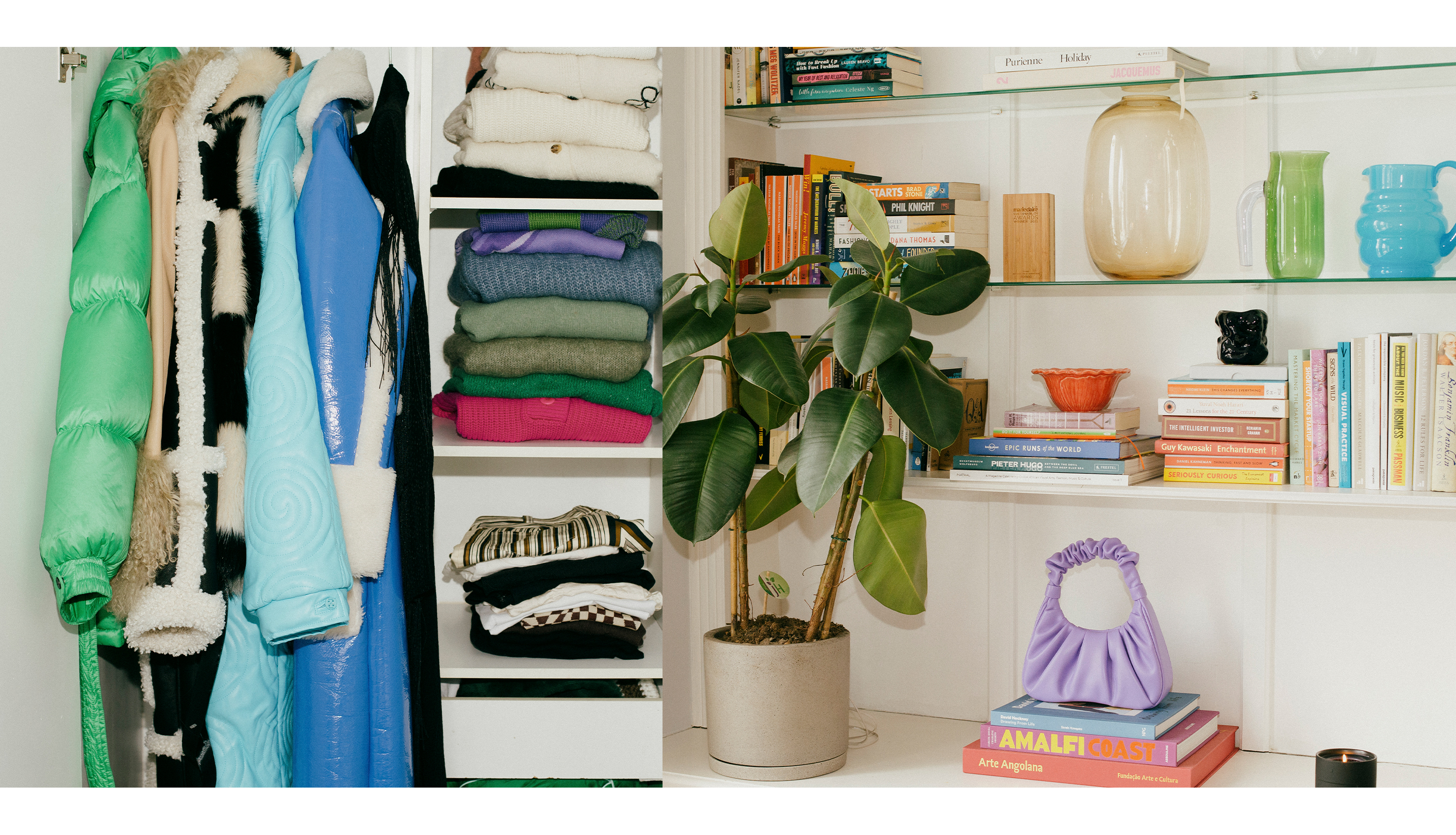
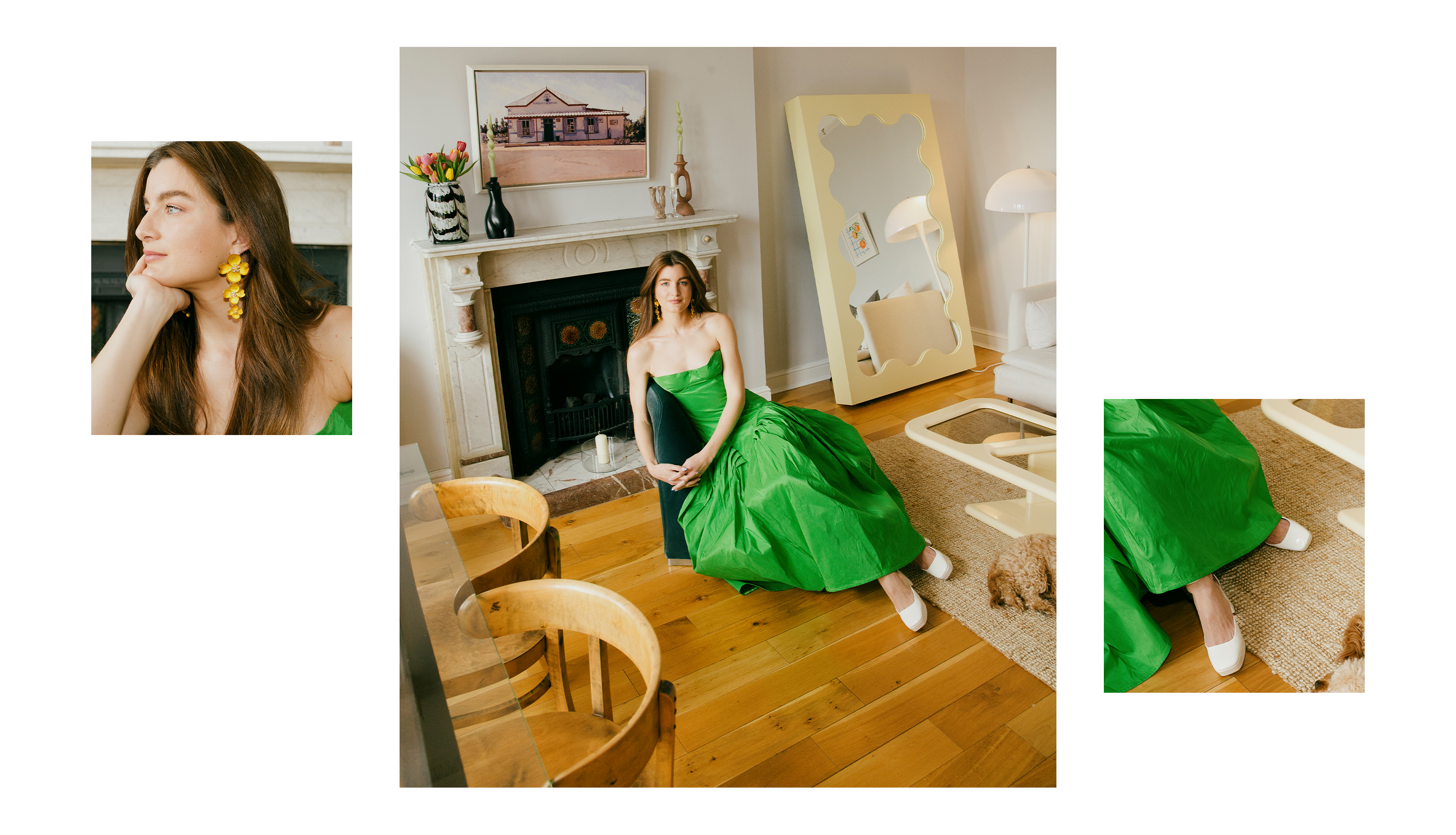
How about how you consume now—what is your approach to your wardrobe?
It has changed drastically. I was going to high-street stores three times a week after work. But the shift happened very quickly. What really struck me in Lauren Bravo’s book How to Break Up With Fast Fashion was how she describes garments as being pieces of art. They have been crafted by somebody’s hands. When you humanise garments, it reminds you where they come from and that clothing is not disposable, and that has stuck with me. The way I get dressed has changed drastically—I buy something once every few months, but rarely. I trawl Depop and Ebay—Depop knows my style better than I do. If I buy something new, I save up and buy something really well made. I don’t want to buy something that will fall apart. Luxury and ethical fashion are quite elitist and not affordable for everyone, so I encourage you to trawl Ebay and Depop because then the life cycle of garments has been extended. I use rental to supplement my wardrobe—if I feel like I need something for a new season or to inject some newness into my wardrobe. Fashion is a major part of your self-expression, and rental is a nice way to discover new aspects of your personal style without getting caught up in this hyper-consumption loop. I use rental like the icing on my cake.
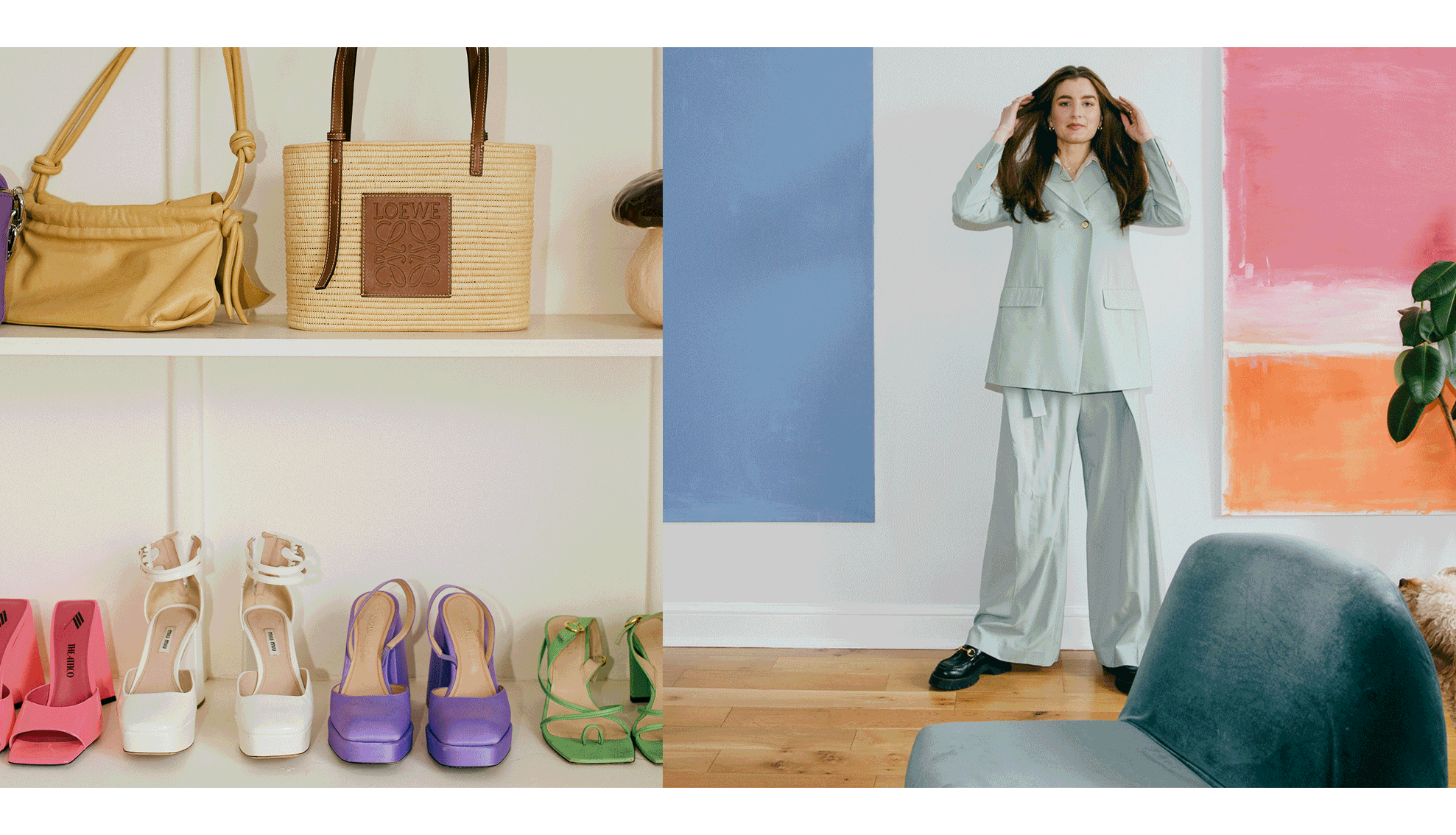
What is your own personal style like?
It’s very eclectic. I often think of a character or an era or a scene before I get dressed. I used to do this more often. Now I have a uniform for the week and wear a lot of suit trousers, tops and loafers. During the weekends, I really go into this character play. I love the ’70s aesthetically. My sense of style is ever-evolving, but what has really changed is the way I consume, rather than using it to express myself. I am still as expressive; I just do it in a different way. I really plan my outfits, and I love it! I feel very powerful and strong in an oversized suit, so that’s my uniform.
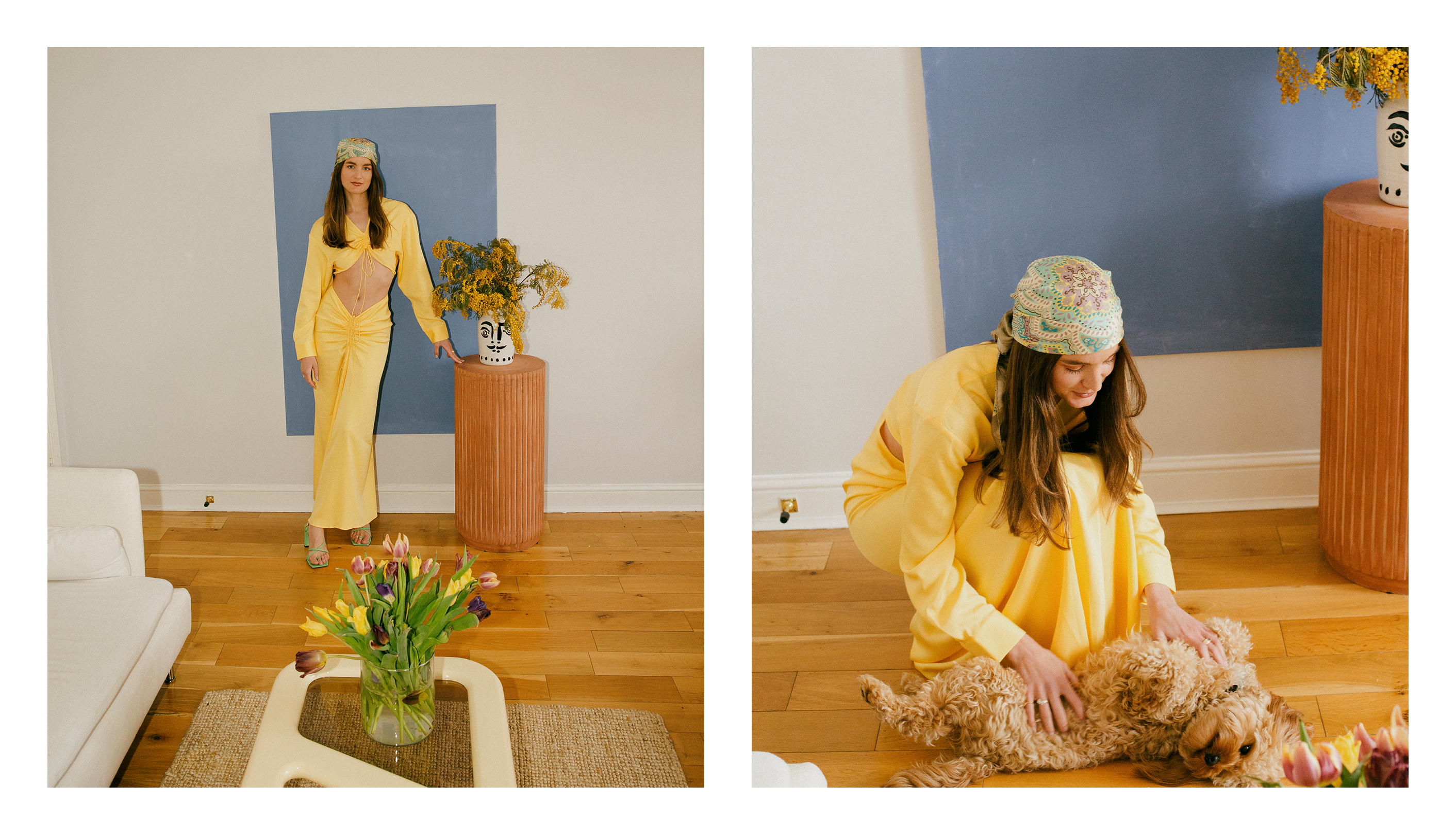
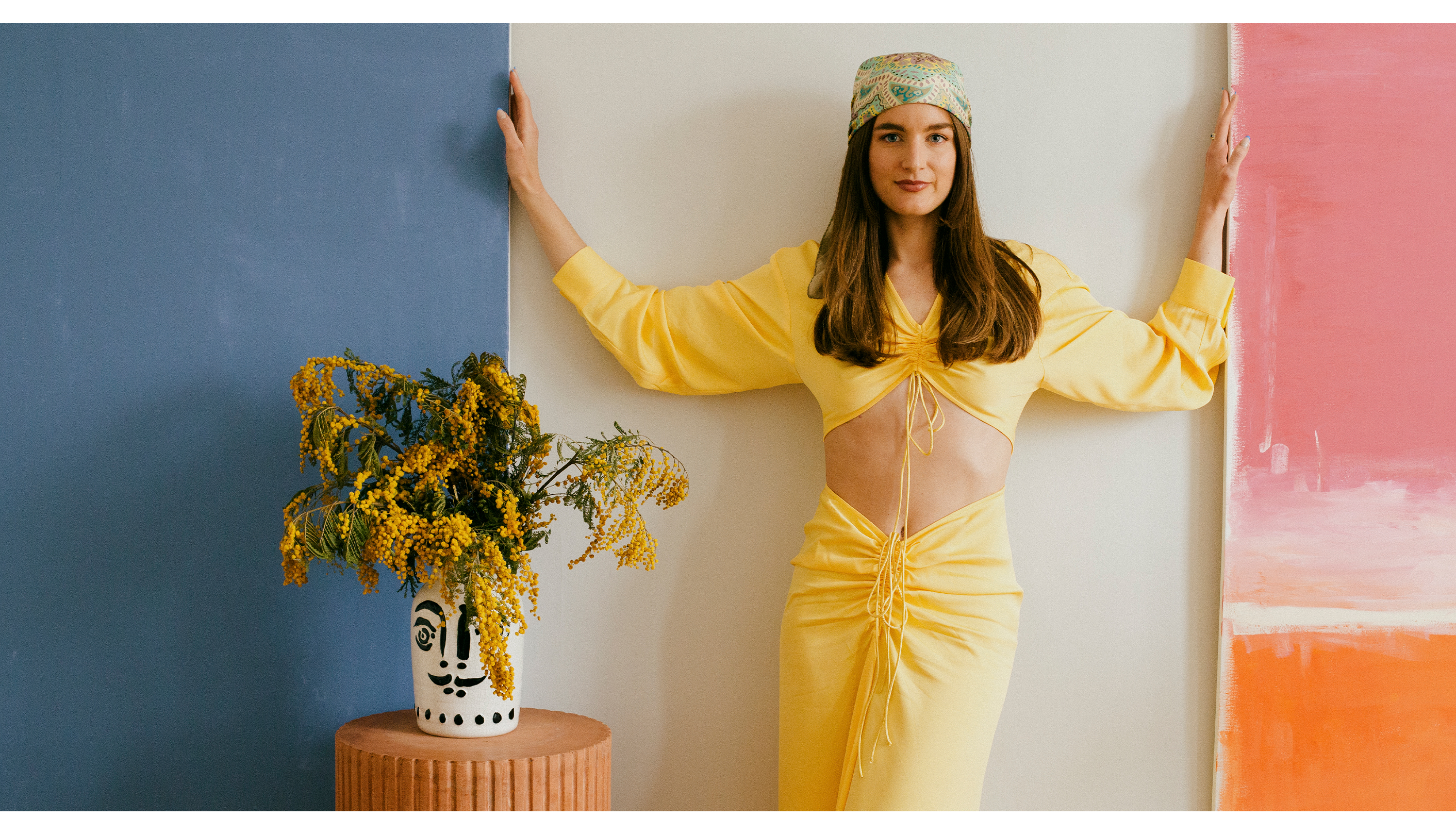
On Hyatt: Christopher Esber dress; Hyatt's grandmother's scarf; Wandler shoes
What brands do you love?
The items I really loved are the ones I stalked on Ebay or Depop literally for a year. There’s a Ganni zebra midi dress I looked at a year online before committing to it—I’ll keep it in my wardrobe forever. I have a pair of Nodaleto heels, which I love—they are ridiculous and insane, but I see them more as décor for my house. I bought them from my friend who runs Closet Detox, which is a second-hand store on Instagram and Depop. I love beautiful things so see them as a sculptural pieces in my wardrobe.
I have a lot of both of my grandmothers’ garments in my wardrobe—both have passed away. The headscarves I wore today were from my mother’s mother, and I have suede leather jackets from my other grandmother. I have had some of those in my wardrobe for 10 years, and I really cherish them and breathe new life into them. I love to contextualise them in a modern way, as it’ll be totally different to the way my grandmas would have worn them back in the day. The garments I buy now I buy with resale in mind. The way I justify something that is more expensive is I know it’ll have a resale value.
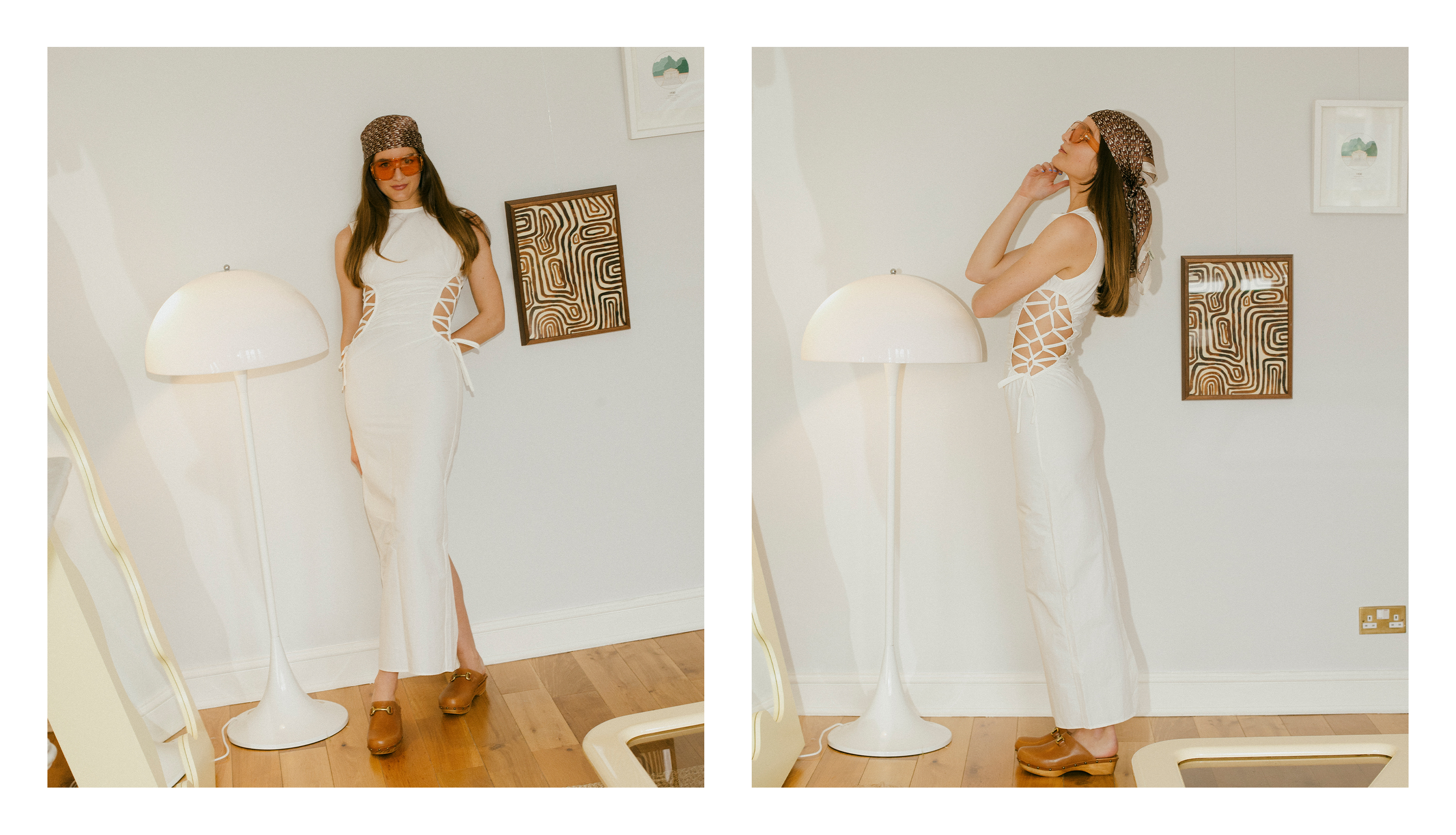
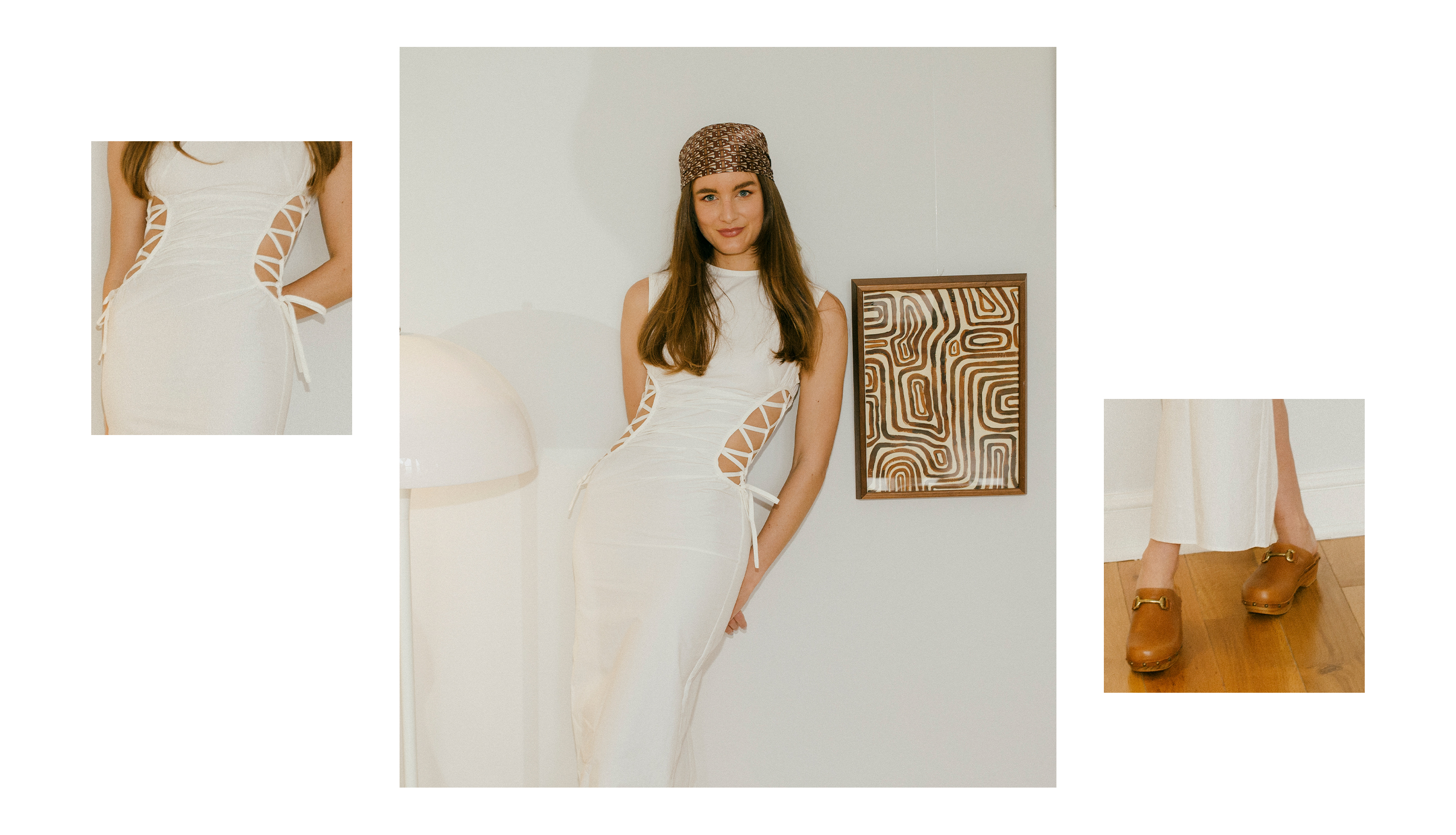
On Hyatt: Christopher Esber dress; Burberry scarf; Mango sunglasses; Penelope Chilvers clogs
Have you always been interested in fashion growing up?
Yes, I grew up in a very relaxed coastal city in South Africa, and everyone wears denim shorts and flip-flops to the office. I’ve always felt like I didn’t want to go with the crowd. I wanted to be a bit different, and from a young age, fashion was a way for me to differentiate myself and communicate that I wanted to do things a little differently. My mum studied fashion in London and opened her own store, so she very much enabled my love for fashion and facilitated it. She would send me to pre-school in a full frock and stockings and loafers every day. Although I’ve always been into fashion, I didn’t think I’d work in fashion. I moved to London because I didn’t want to know what my life was going to be like and was hungry for a world of possibility, which London very much is. The people you meet here are incredible. I moved and worked at a managing consulting firm for a year, and that’s when I came across WGSN and I fell in love with the idea of trend forecasting and understanding why trends are the way they are. I studied psychology at university, so the meeting of psychology and fashion was really interesting to me. I felt like there was a wealth of information at my fingertips.
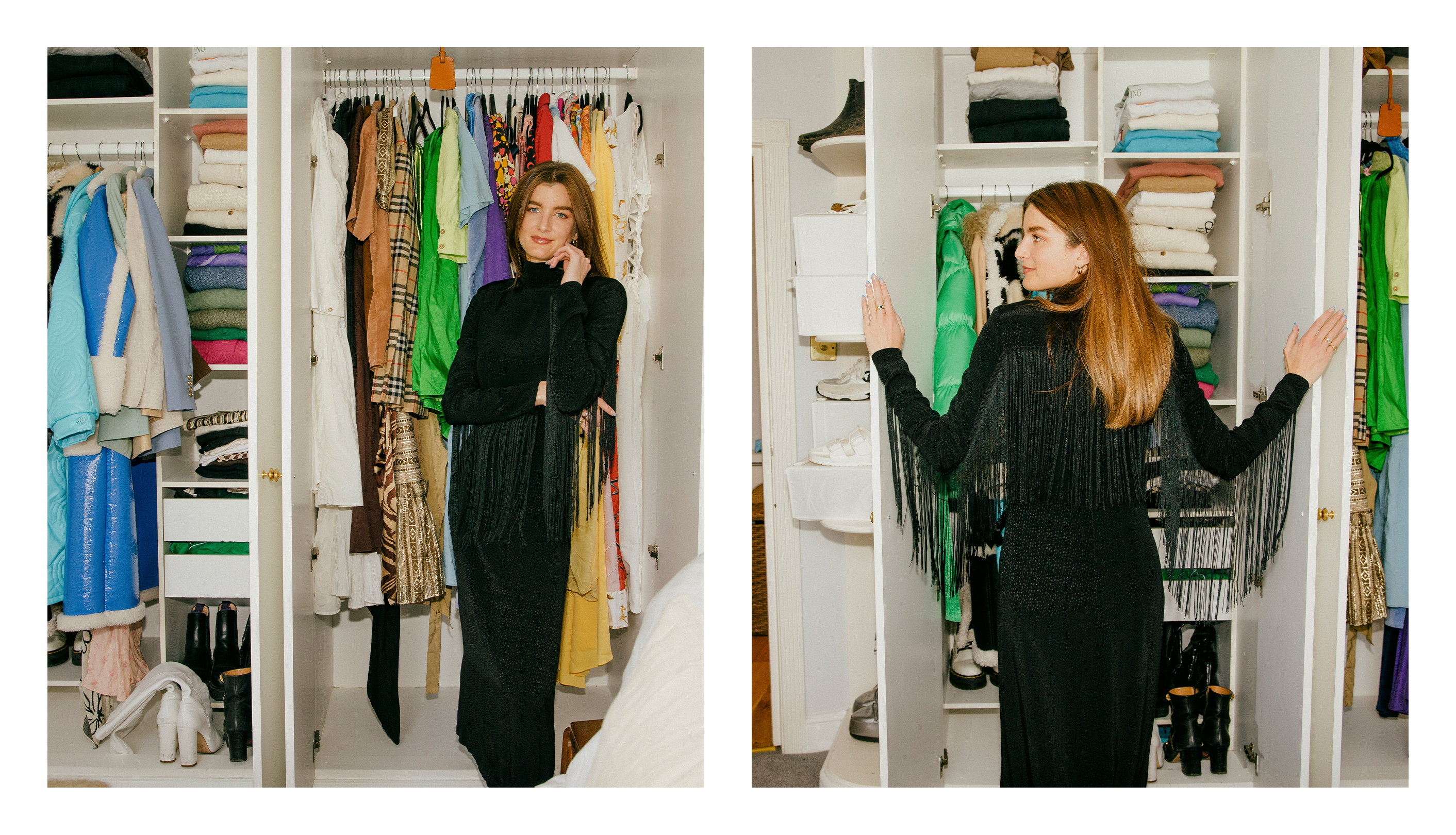
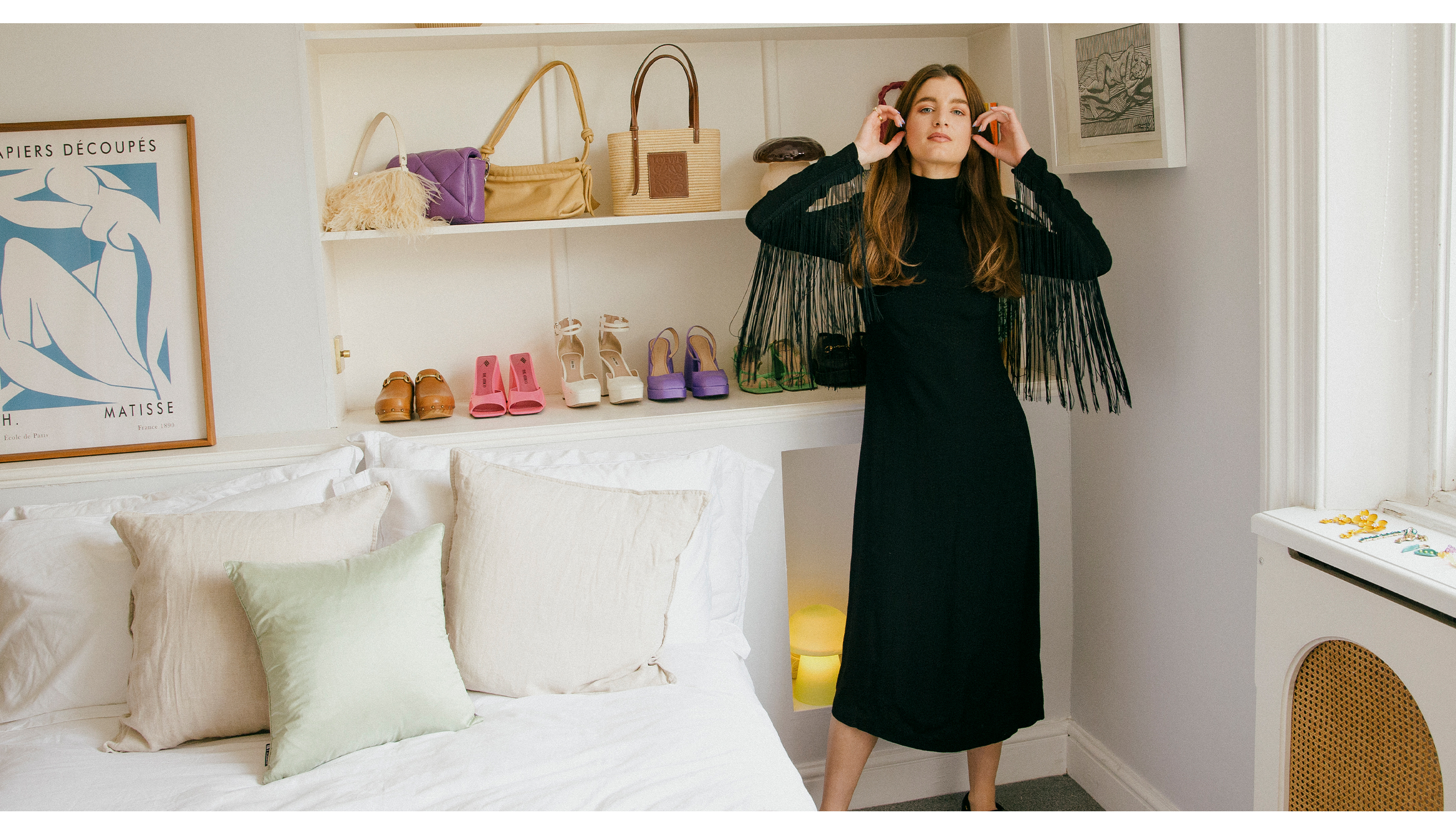
On Hyatt: Rotate Birger Christensen dress via Rotaro
Was setting up your own business something you’d always wanted to do?
I come from a family of entrepreneurs, so it gave me an added extra layer of confidence where I’ve seen people around me pull it off. Automatically, I thought, Why not? I can do it too! I knew I wanted to do something for myself eventually. It all seemed to come together at the right place, right time. It felt almost like it was meant to be.
What trends do you see with rental?
Occasion-wear is the number one renter, but we have seen people renting on a weekly basis for newness, which is really interesting. It shows people are using rental as a way to introduce newness to their wardrobe, not just for weddings or a birthday, but as and when they want to try a new brand or style. We’ve seen an increase in everybody wanting to be sexy and being really expressive and using fashion to celebrate life, so those really out-there pieces do well for us, as well as a return to feeling sexy and empowered as a woman.
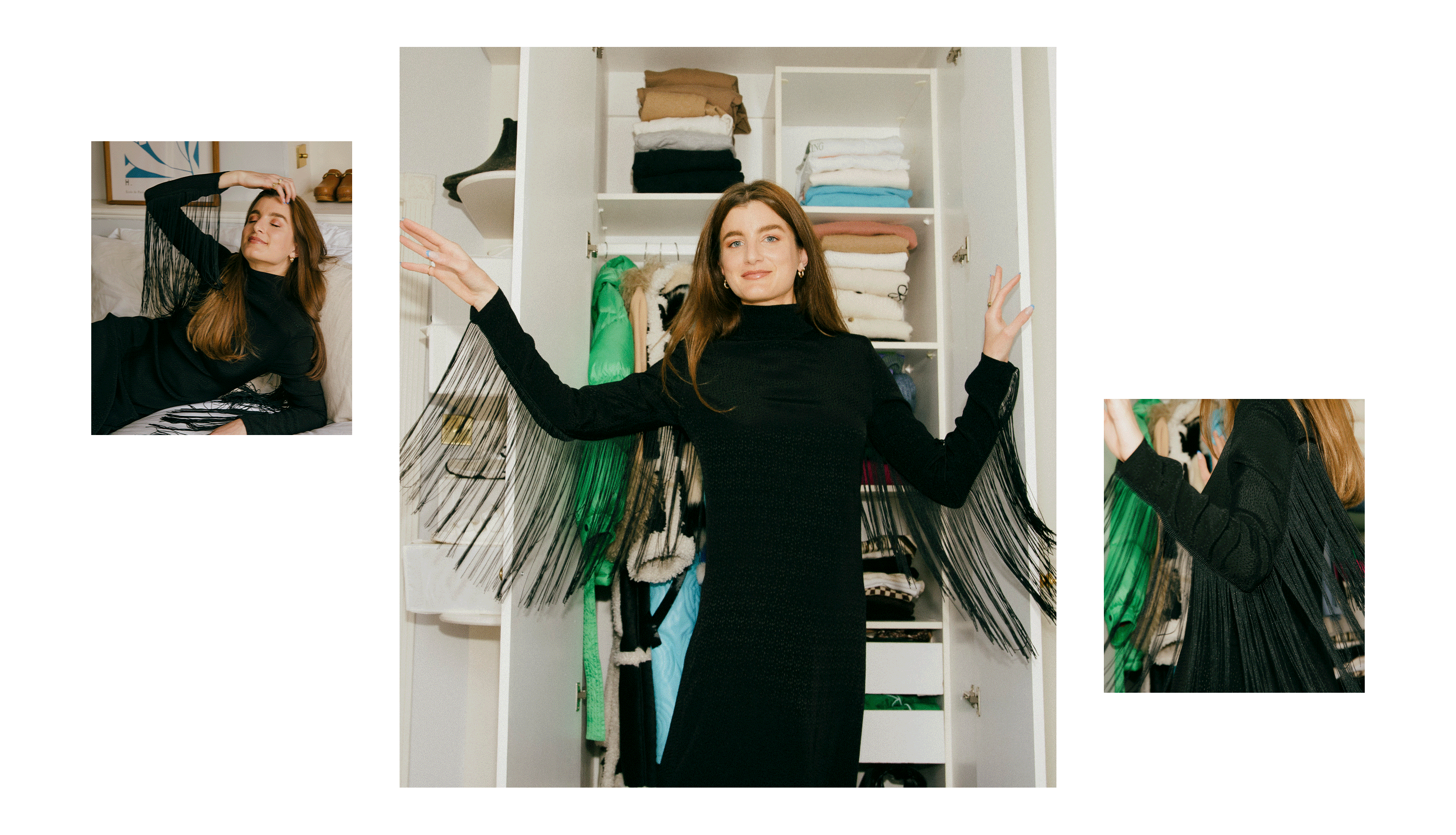
Shop the Wardrobe
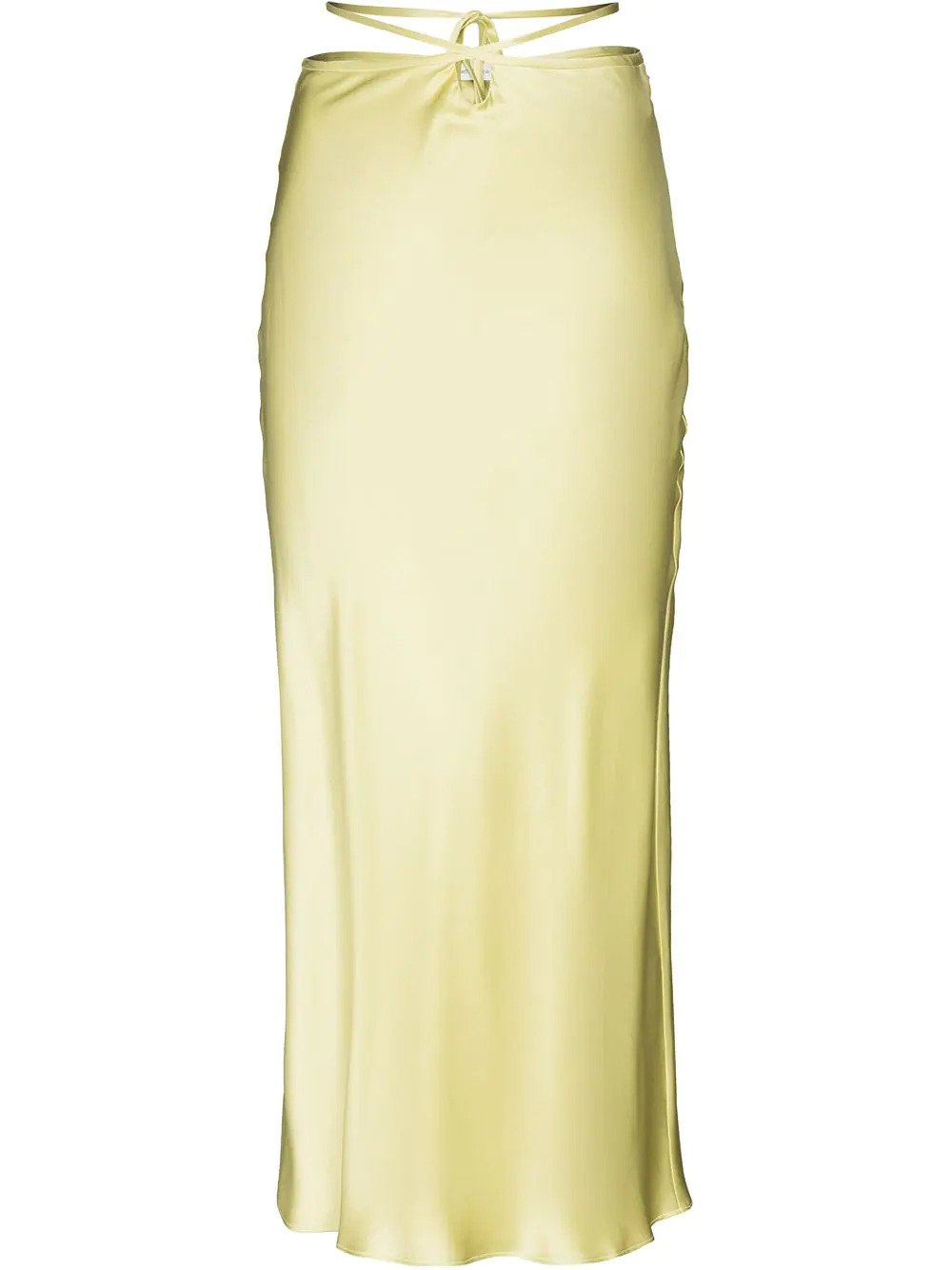
Thanks for having us!

Emma is a freelance fashion editor with over 15 years experience in industry, having worked at The Telegraph, Grazia and, most recently, British Vogue. Emma was part of the founding team of Who What Wear UK, where she worked for six years as Deputy Editor and then Editor—helping shape the team into what it is today is one of the biggest privileges of her career and she will always see herself as a Who What Wear girl, contributing to both the US and UK sites. Whether she's writing about runway trends or spotlighting emerging brands, she aims to write about fashion in a way that is democratic and doesn't promote over consumption.
-
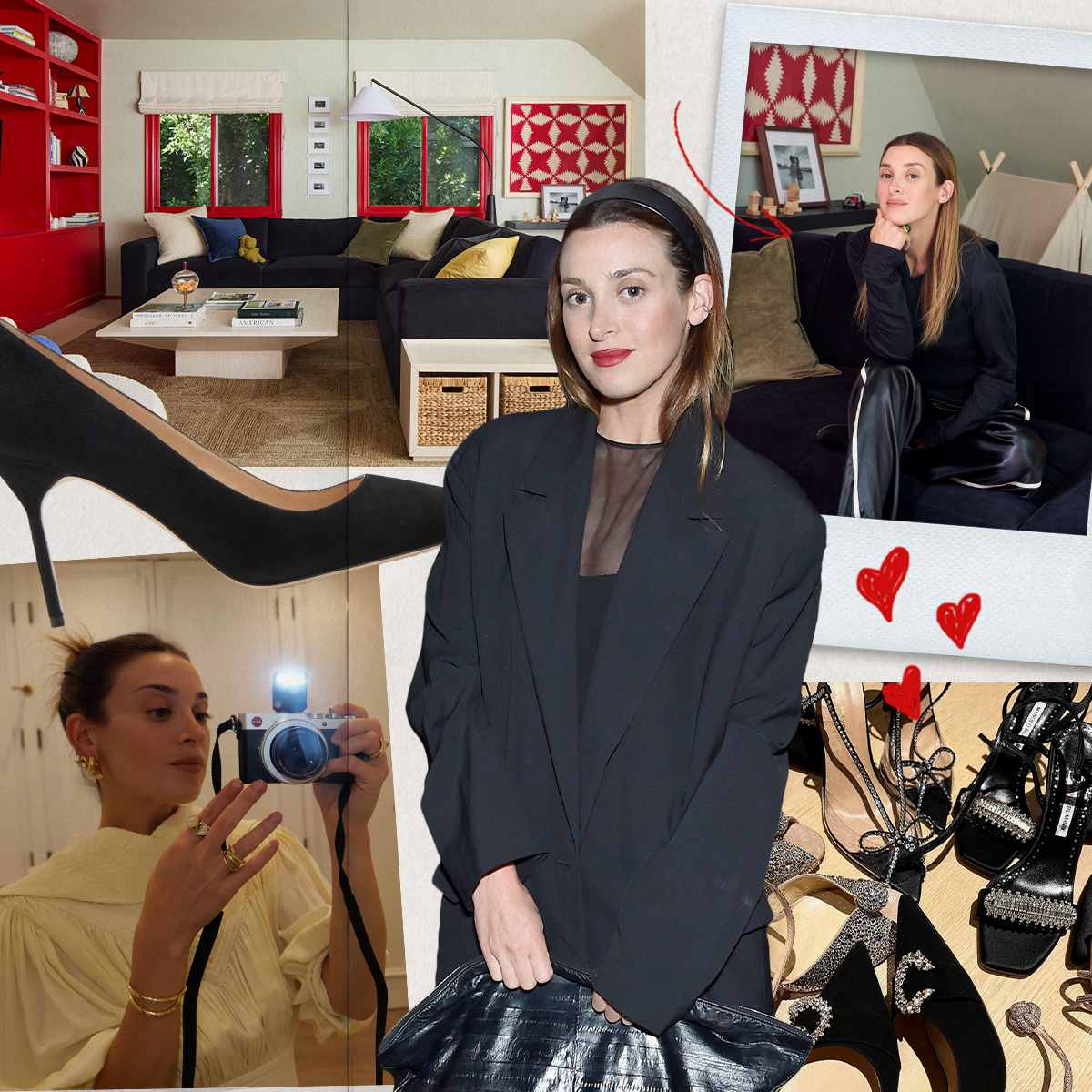 Jamie Mizrahi's World: The Celeb Stylist's Favorite Red Carpet Look, Most Worth-It Shoe, and Album She Listens to on Repeat
Jamie Mizrahi's World: The Celeb Stylist's Favorite Red Carpet Look, Most Worth-It Shoe, and Album She Listens to on RepeatA modern-day style expert.
By Allyson Payer
-
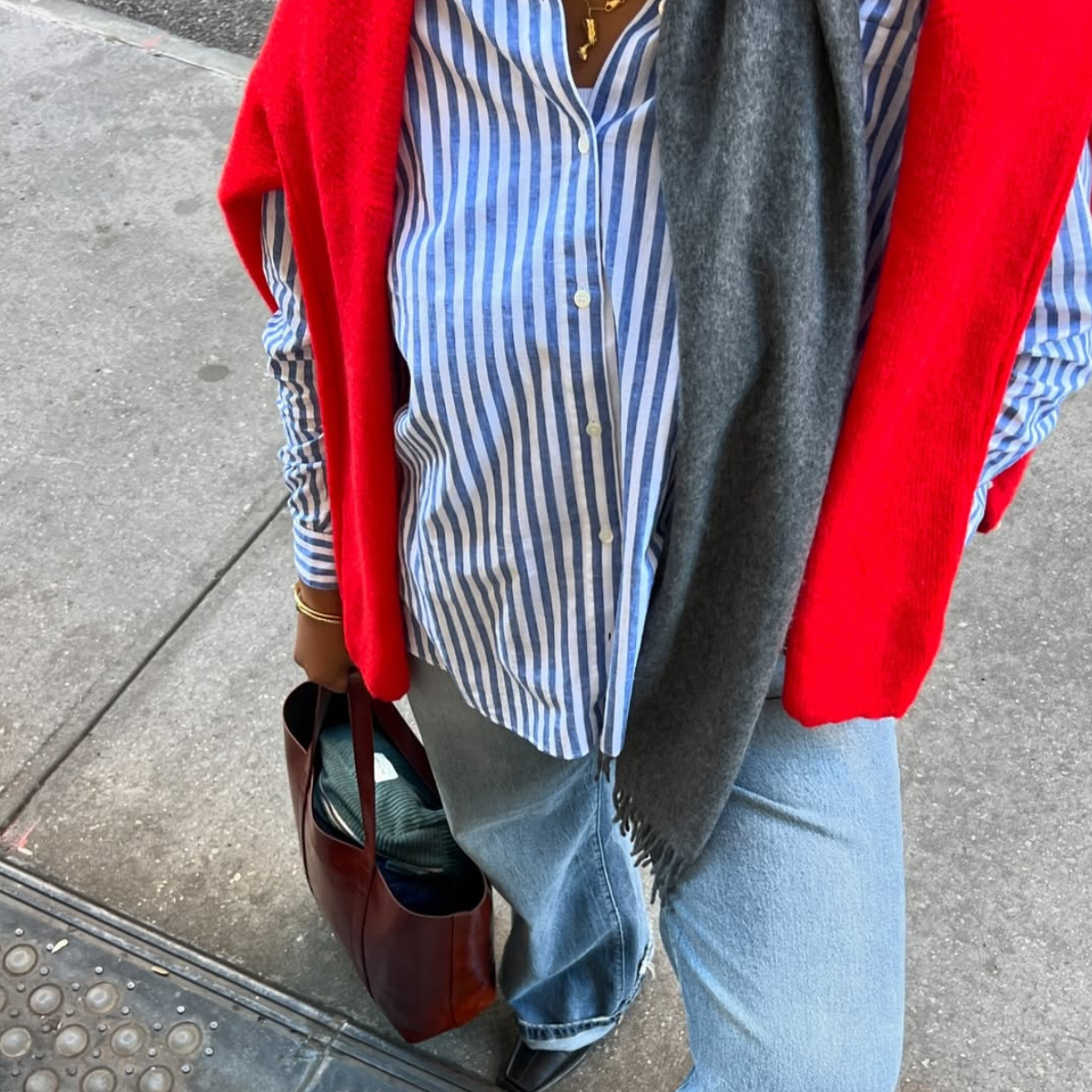 How Everyone Will Be Wearing Their Non–Skinny Jeans This Spring
How Everyone Will Be Wearing Their Non–Skinny Jeans This SpringHere's your outfit inspiration.
By Michelle Scanga
-
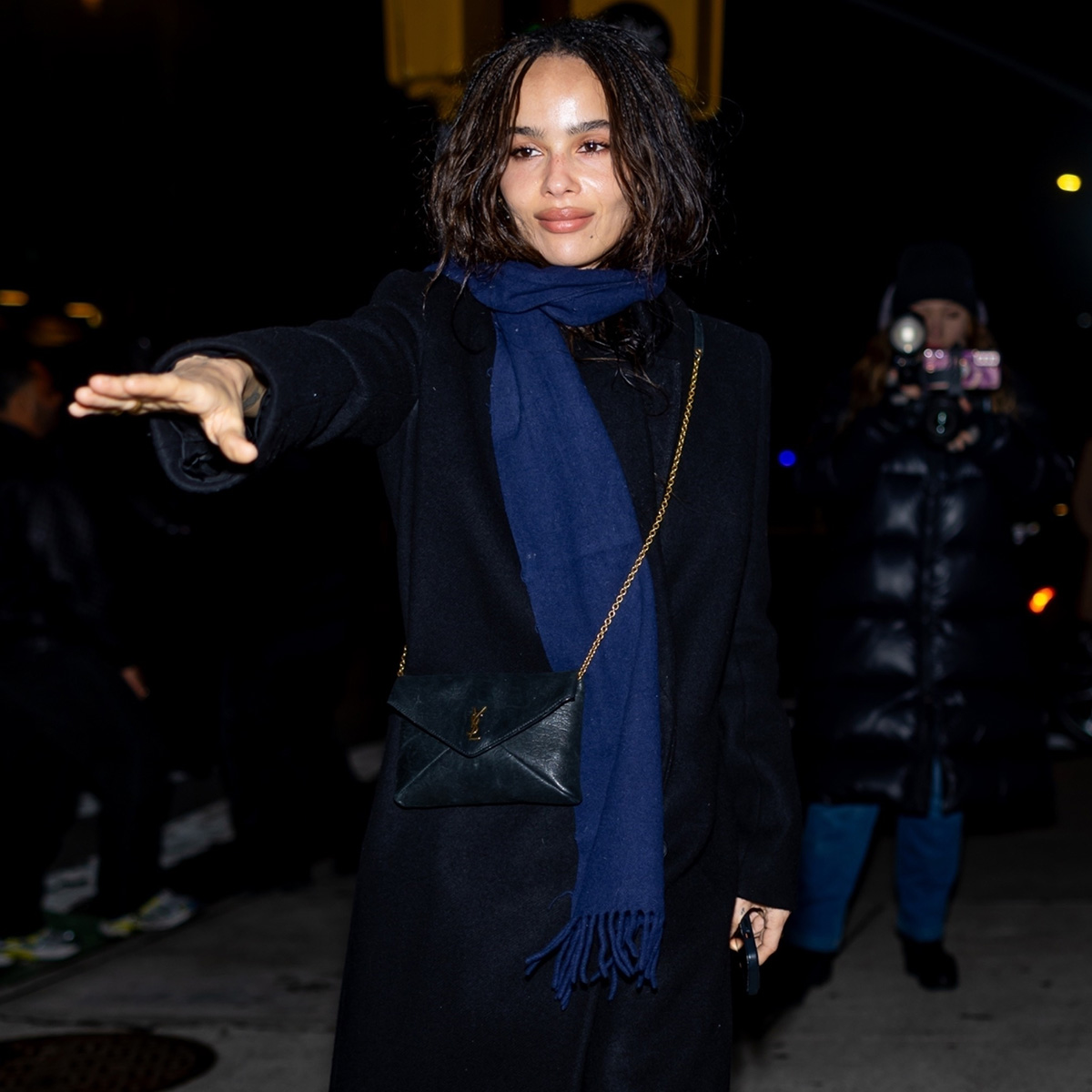 Suddenly, Women With The Row Style Are Breaking This Fashion Rule
Suddenly, Women With The Row Style Are Breaking This Fashion RuleYou should too.
By Nikki Chwatt
-
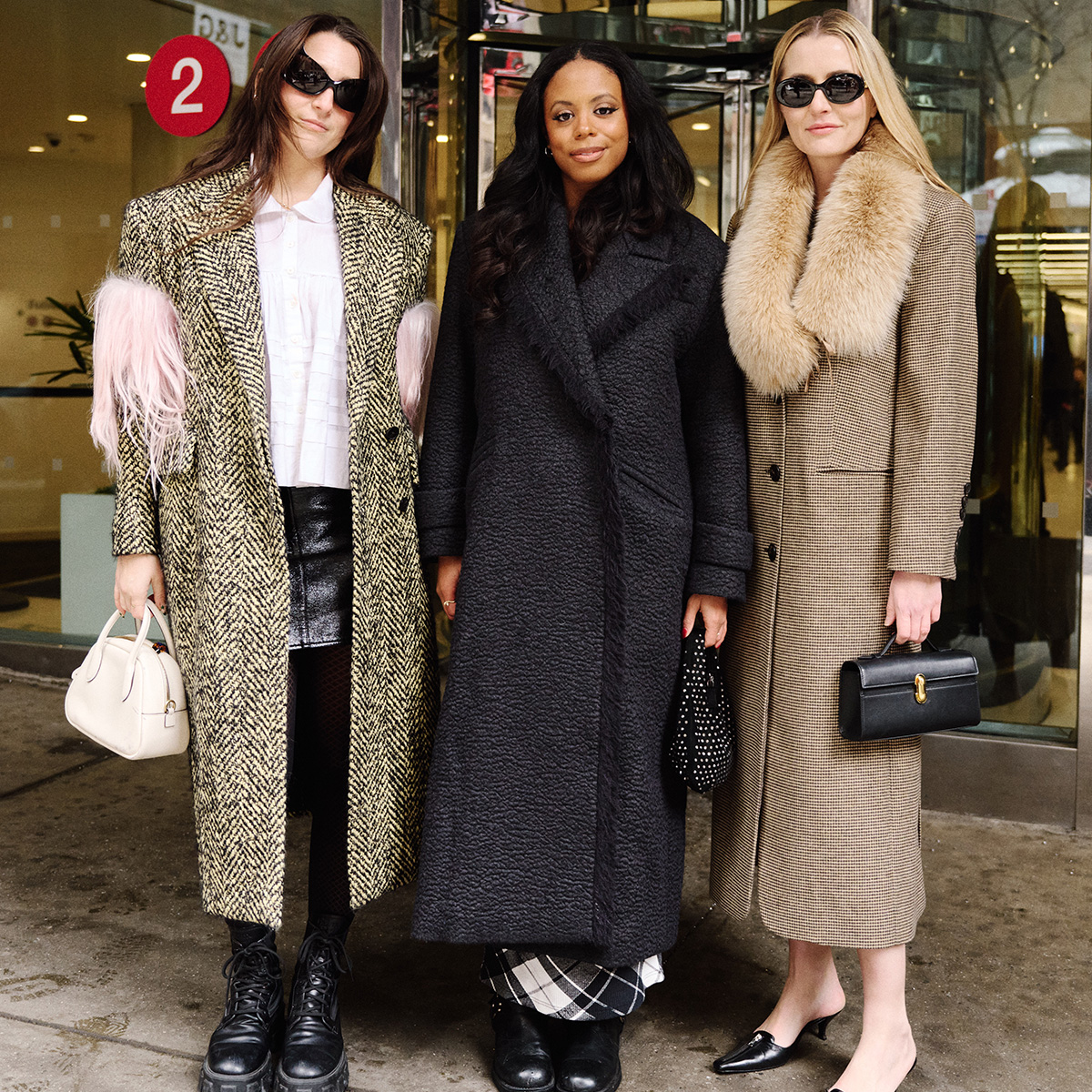 We're Fashion Editors—Everything We Saw, Wore, Did, and Ate During NYFW
We're Fashion Editors—Everything We Saw, Wore, Did, and Ate During NYFWLet's dive in.
By Anna LaPlaca
-
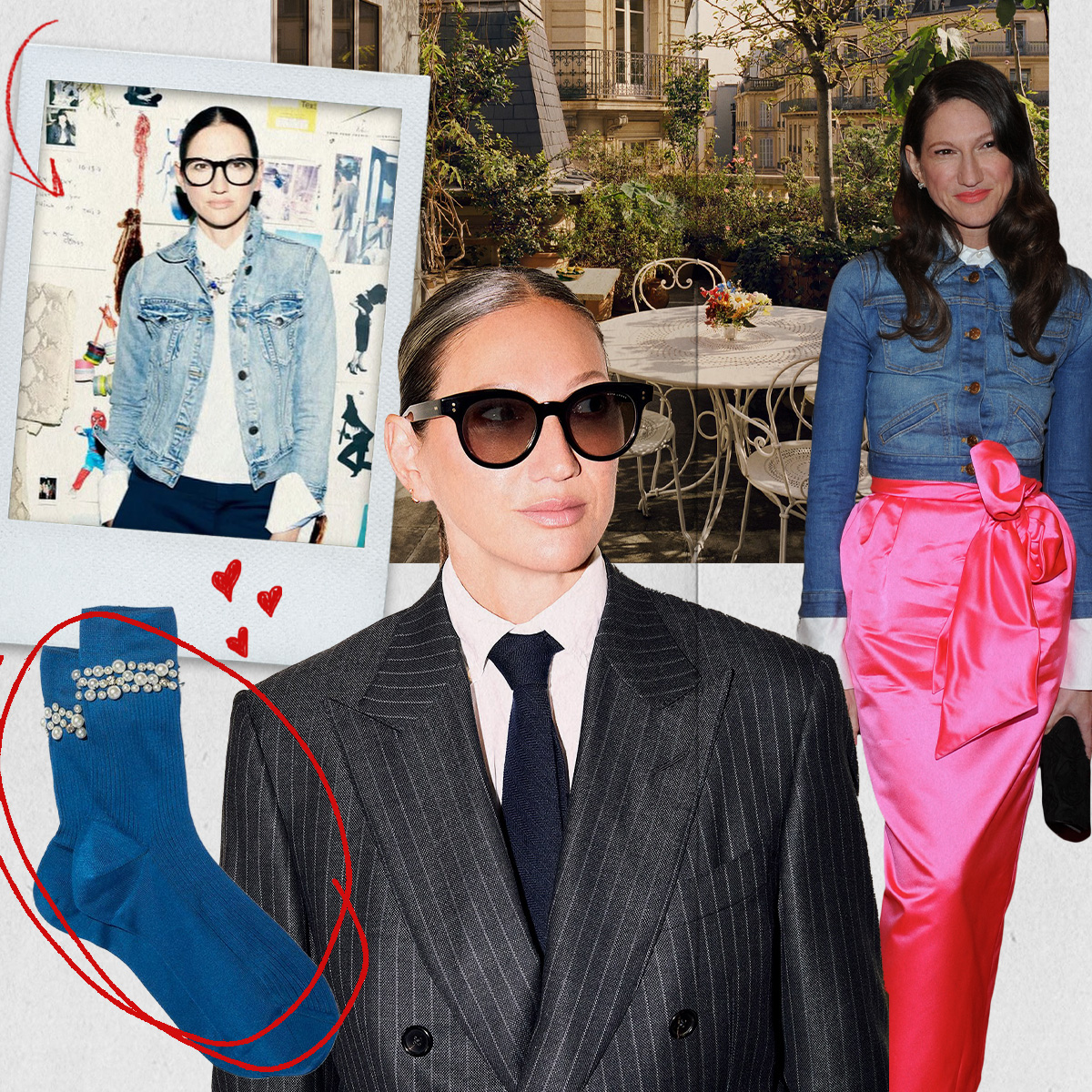 Jenna Lyons's World: Her Go-To Red Lipstick, Her Latest Eyewear Collab, and the J.Crew Pieces She Still Wears Today
Jenna Lyons's World: Her Go-To Red Lipstick, Her Latest Eyewear Collab, and the J.Crew Pieces She Still Wears TodayA true fashion icon.
By Judith Jones
-
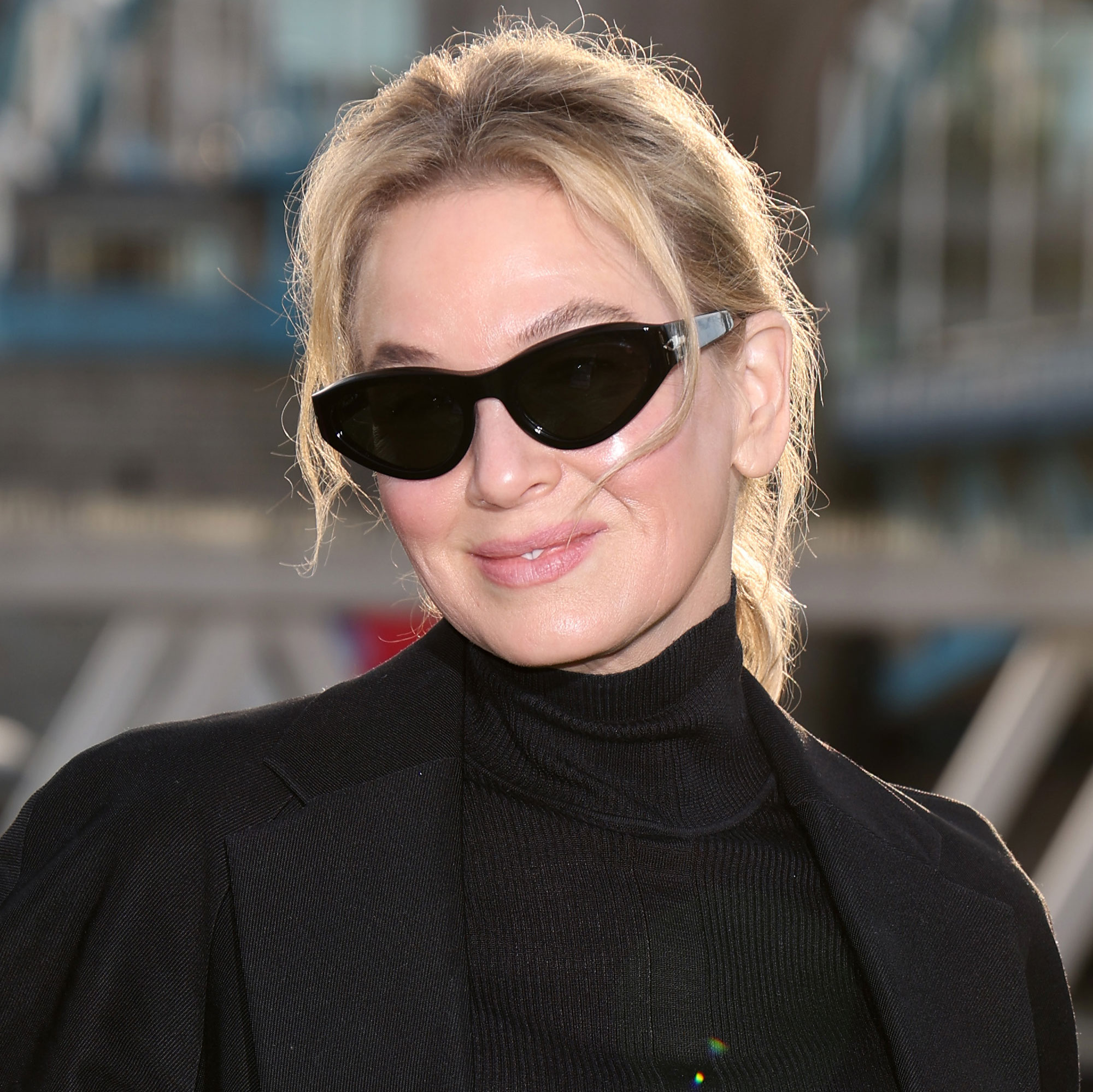 Not Into Trends? Renée Zellweger's Winter Outfit Combo Is 100% Classic
Not Into Trends? Renée Zellweger's Winter Outfit Combo Is 100% ClassicJust as you are.
By Drew Elovitz
-
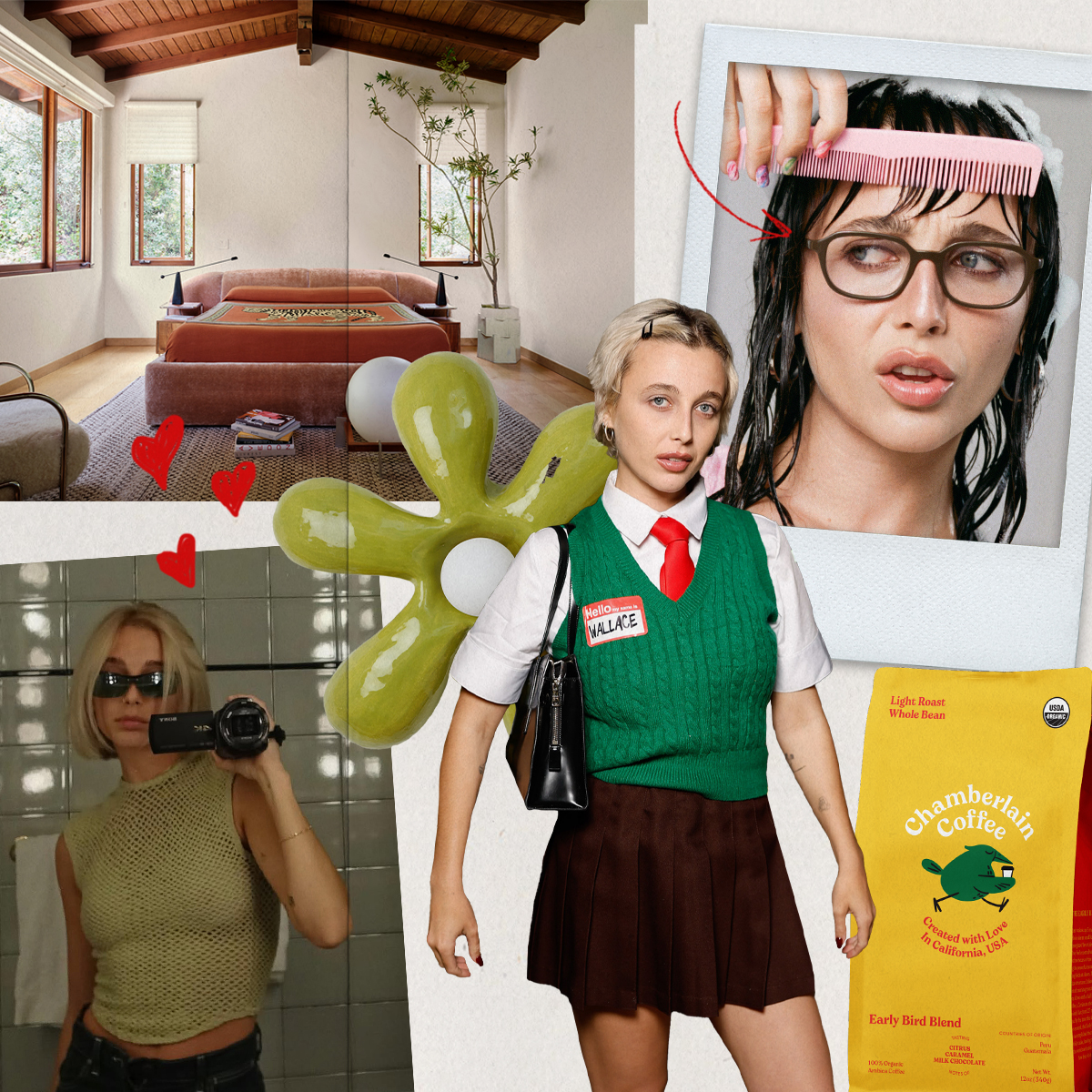 Emma Chamberlain's World: Her Warby Parker Collab, Two-Phone Rule, and Spiciest Fashion Takes
Emma Chamberlain's World: Her Warby Parker Collab, Two-Phone Rule, and Spiciest Fashion Takes"I just want to bring the most joy to people."
By Anna LaPlaca
-
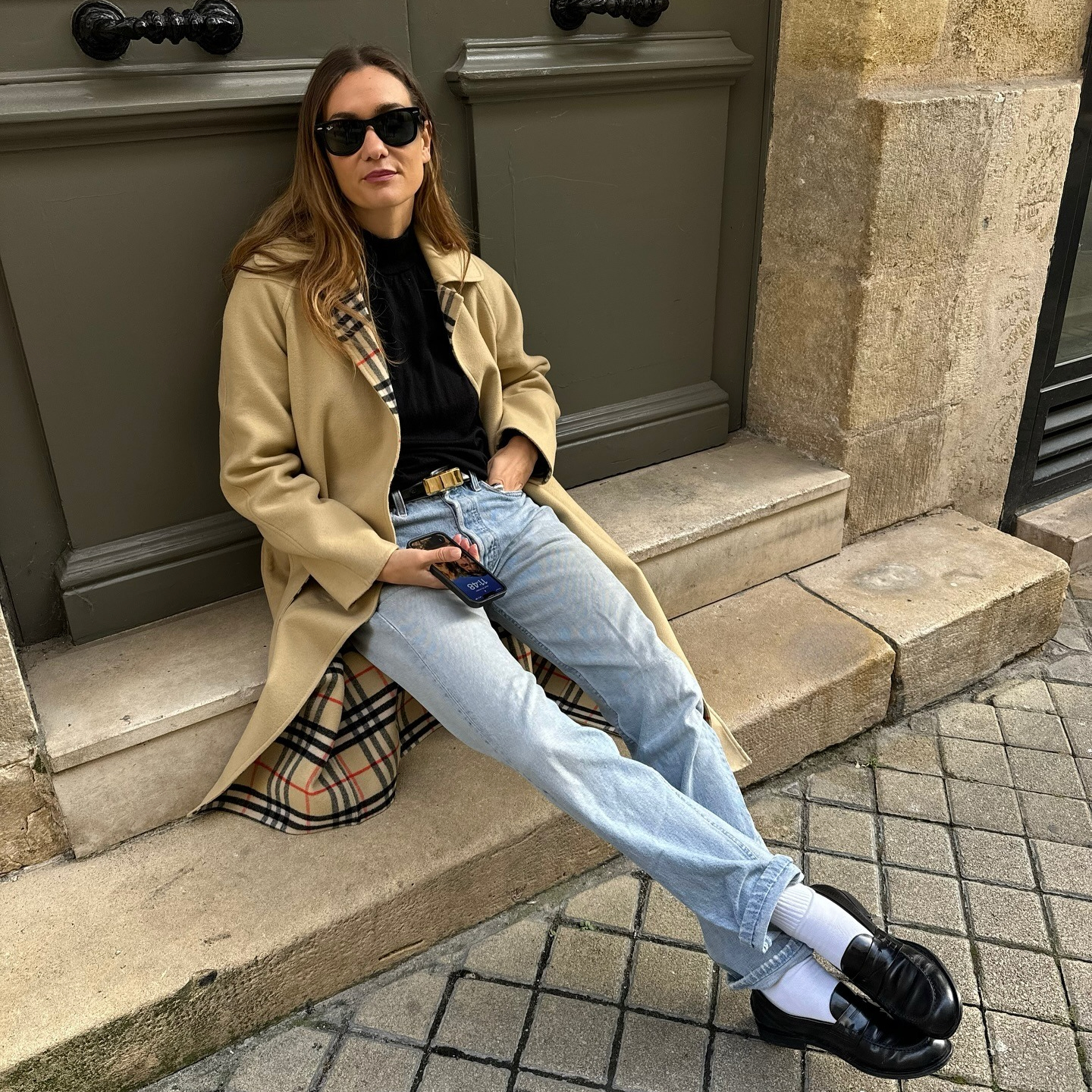 4 Anti-Trend Outfits I Spot Every Time I'm in Europe
4 Anti-Trend Outfits I Spot Every Time I'm in EuropeClassic looks that are always in style.
By Natalie Cantell
